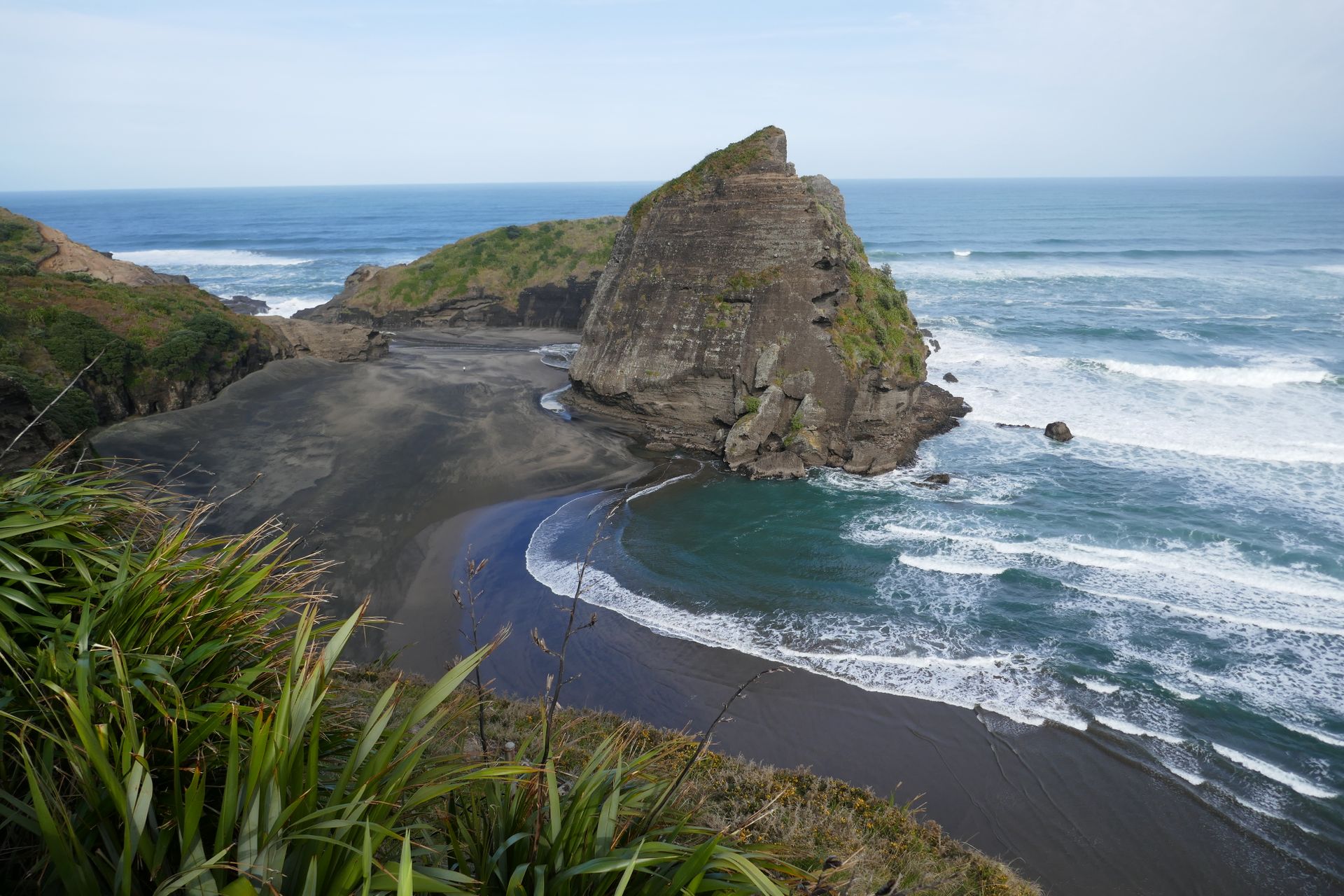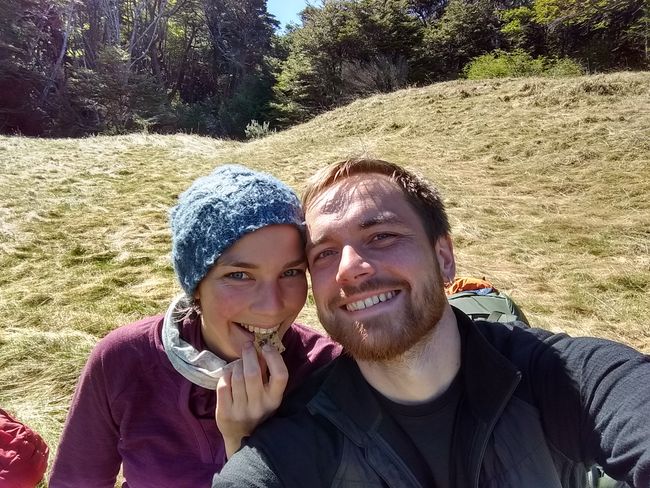Germany: Bullitour in the Harz Mountains
Ippubblikat: 03.05.2020
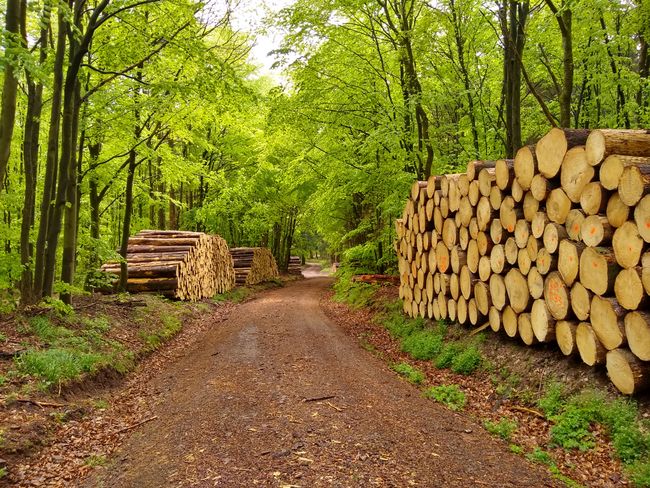
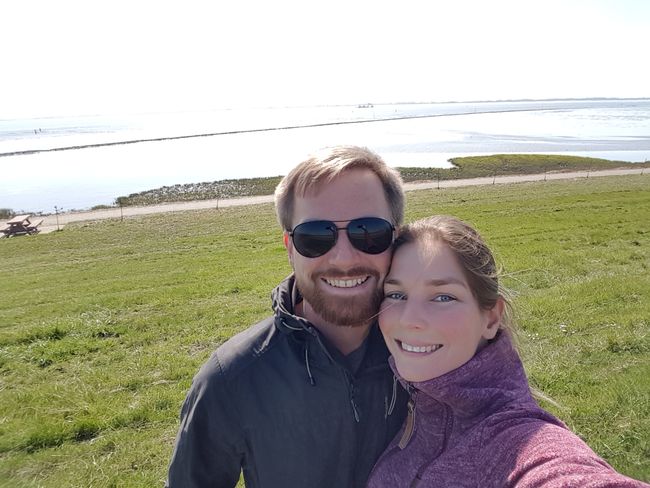
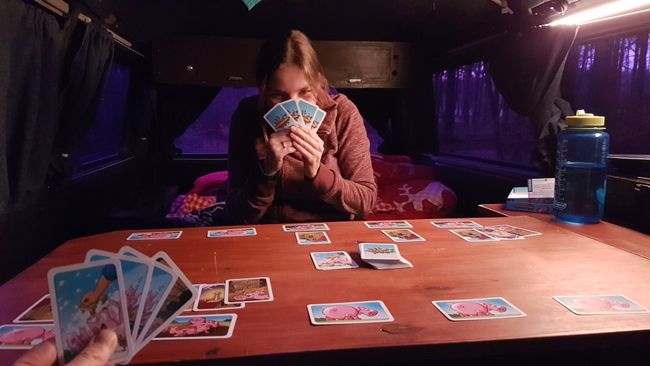
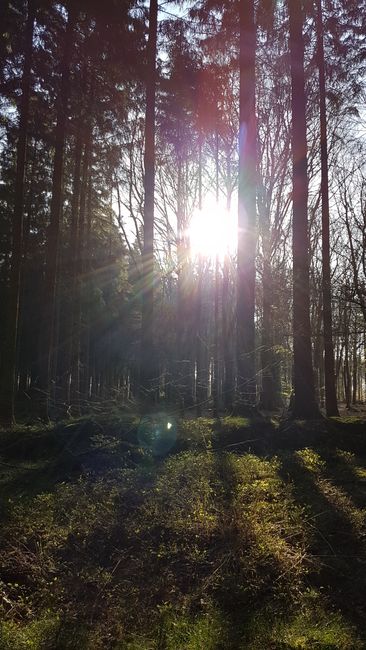
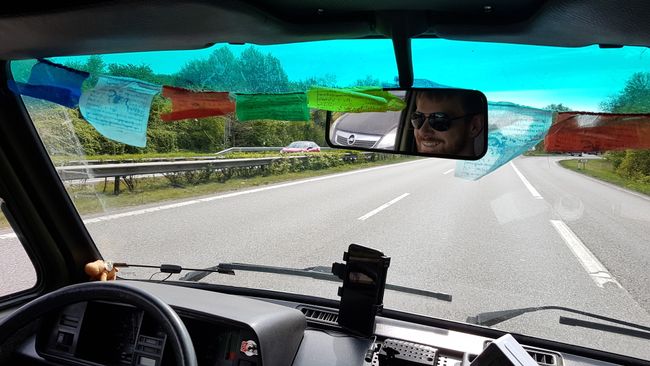
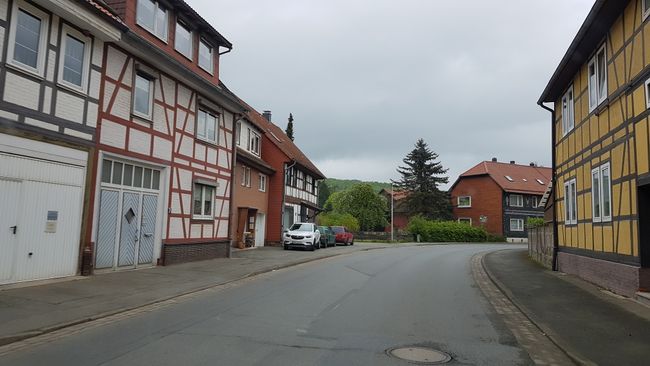
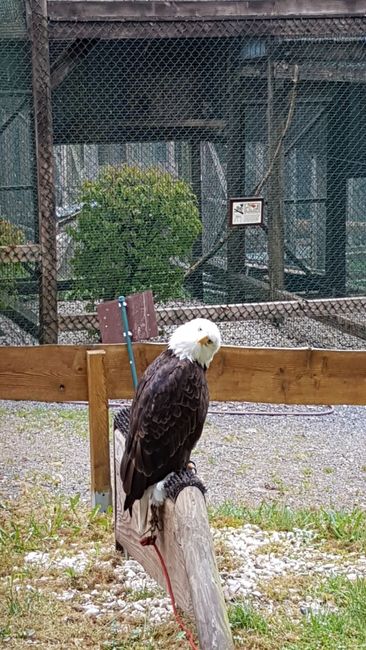
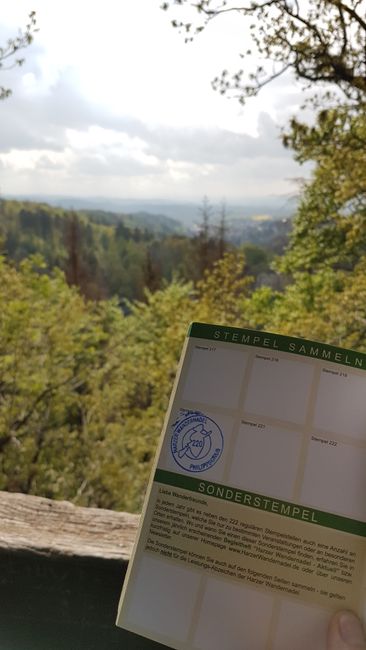
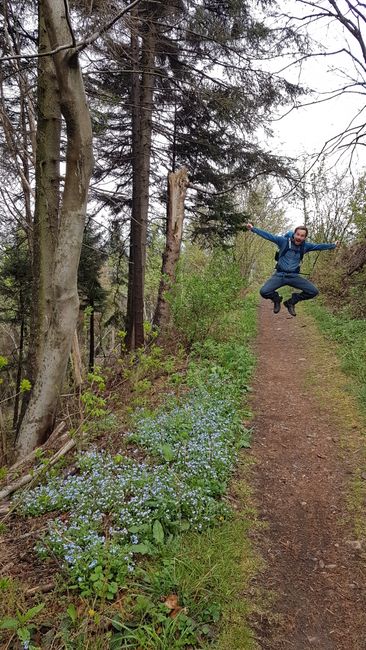
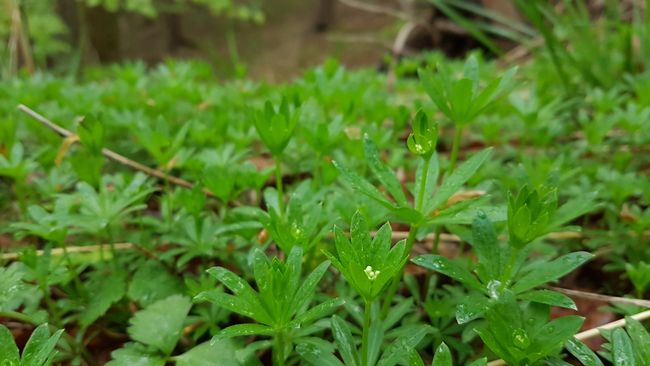
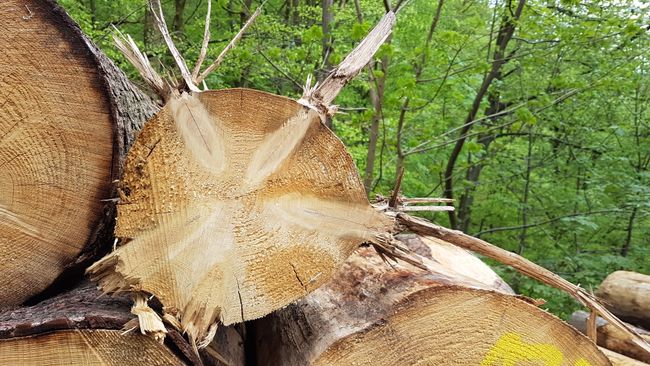
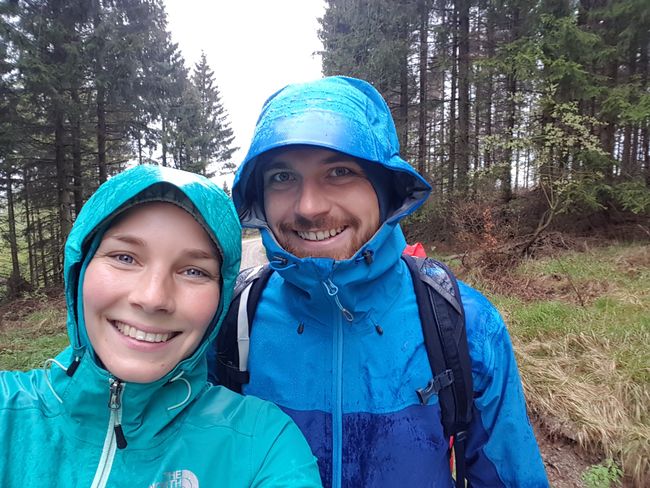
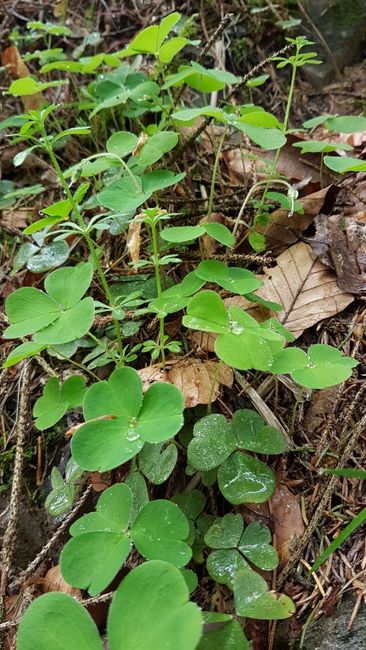
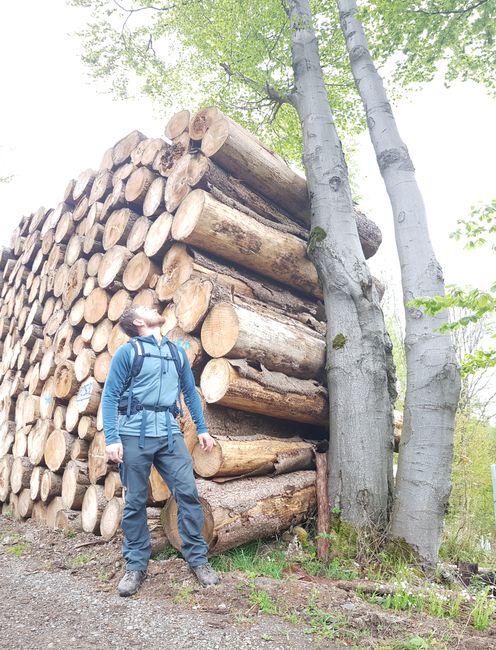
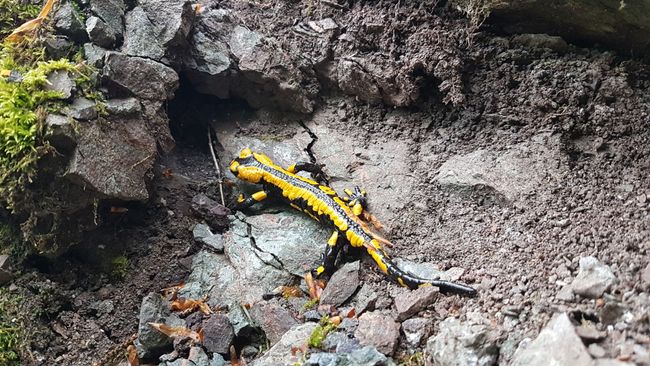
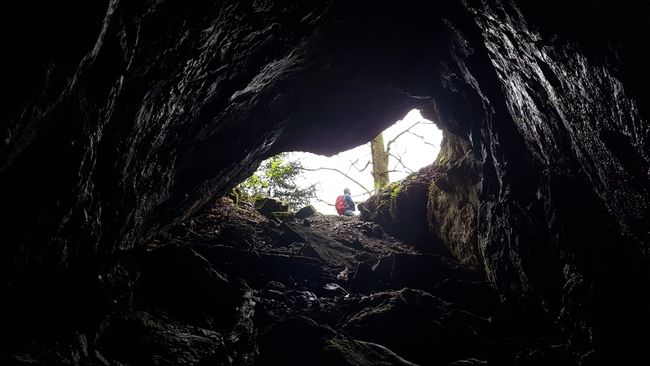
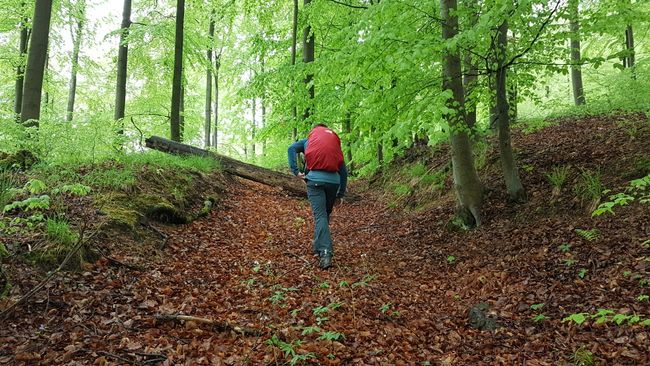
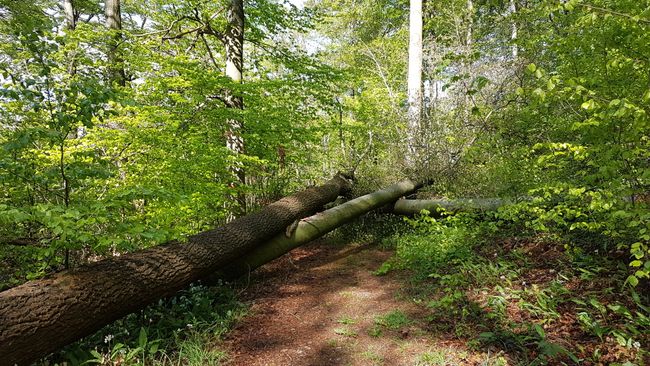
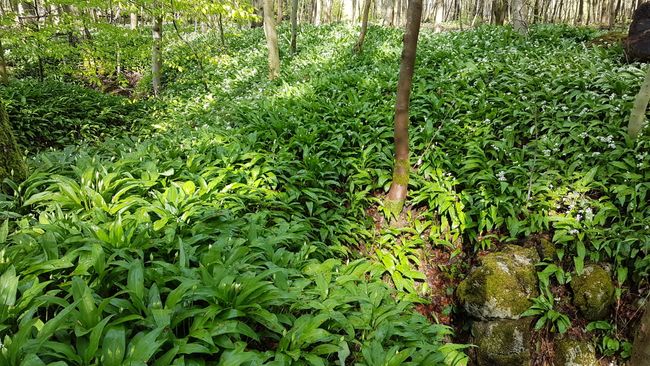
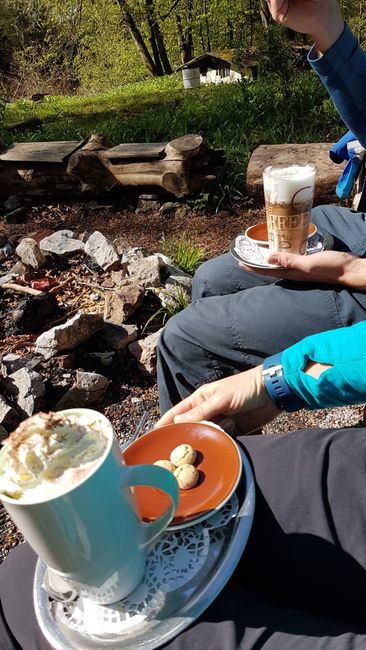
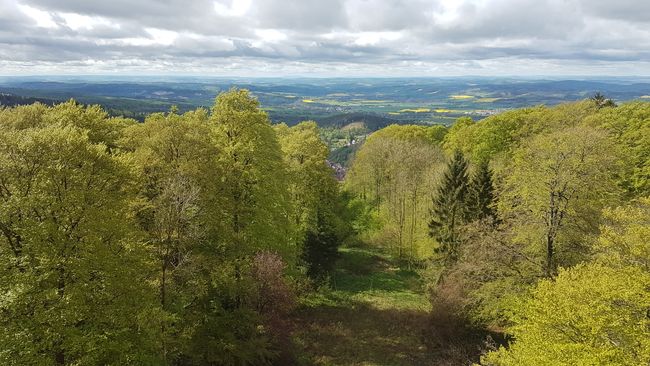
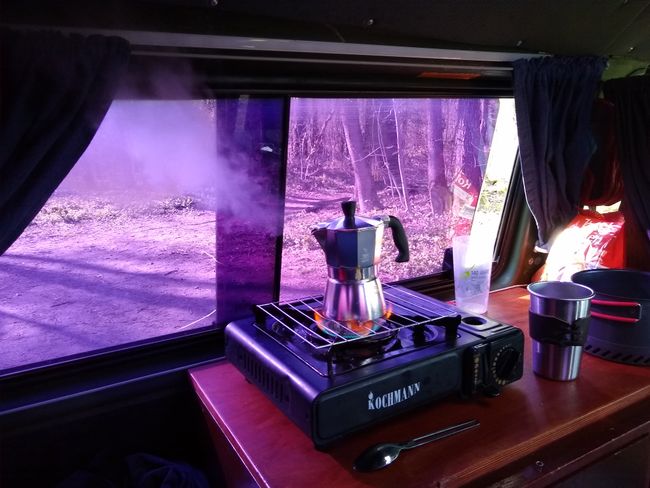
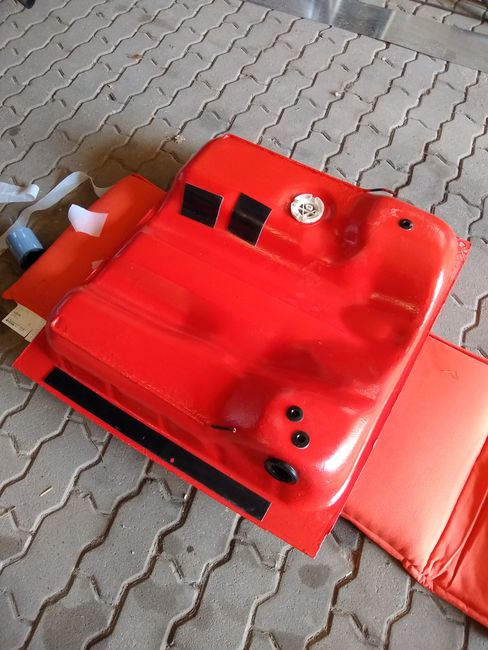
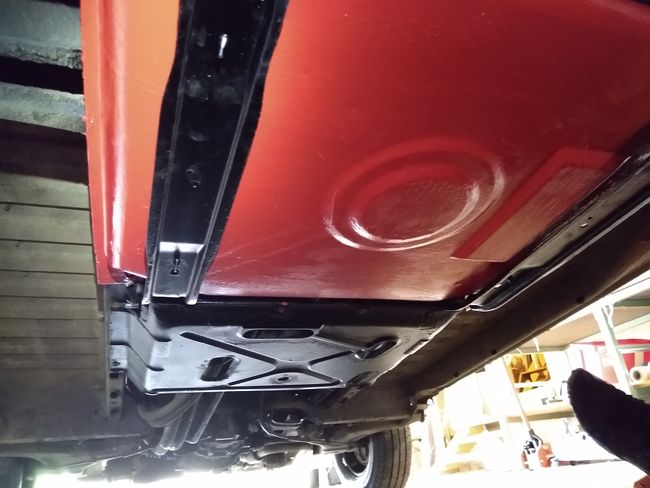
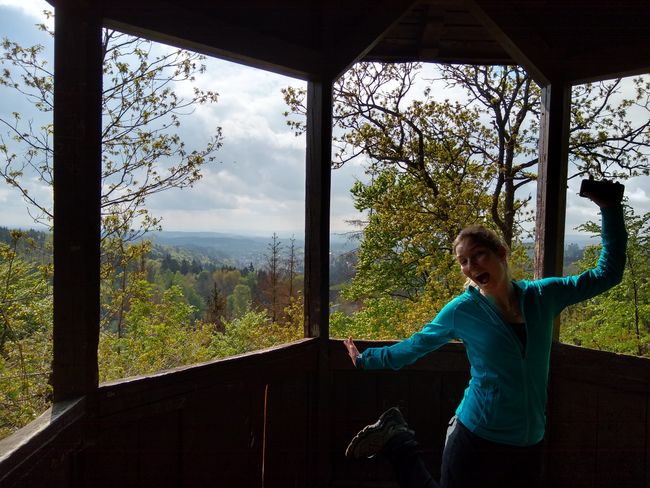
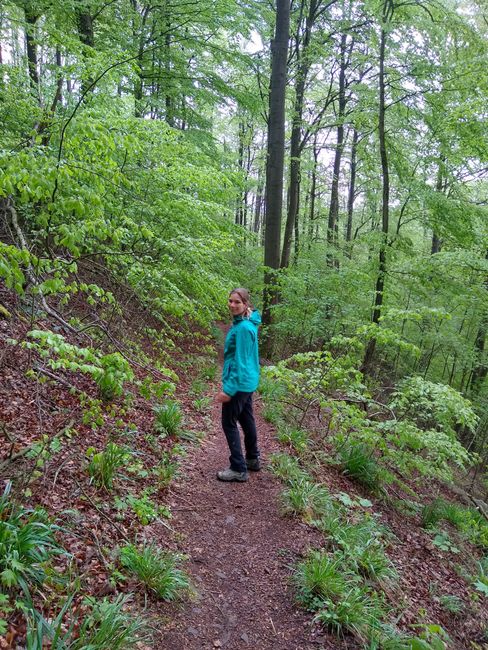
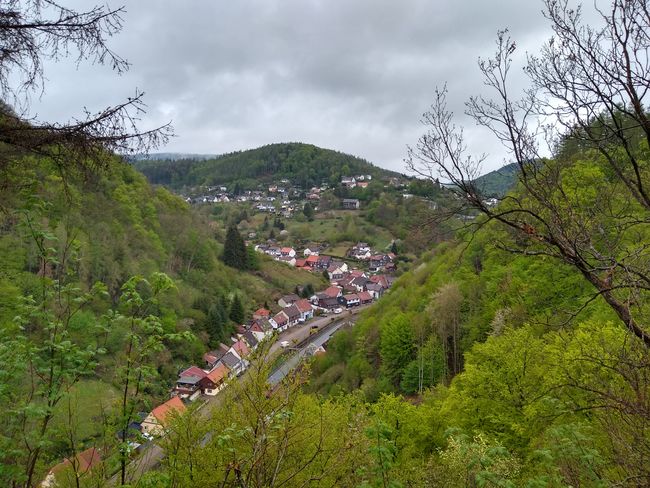
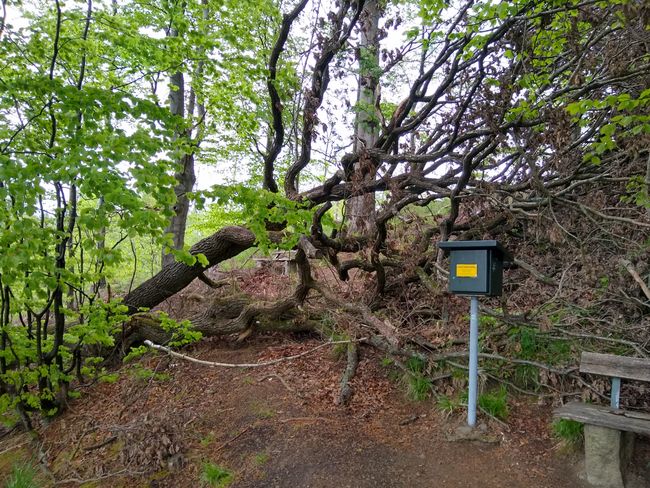
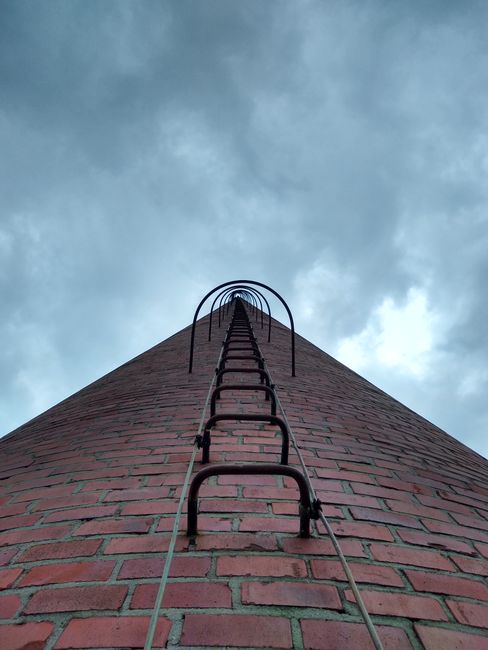
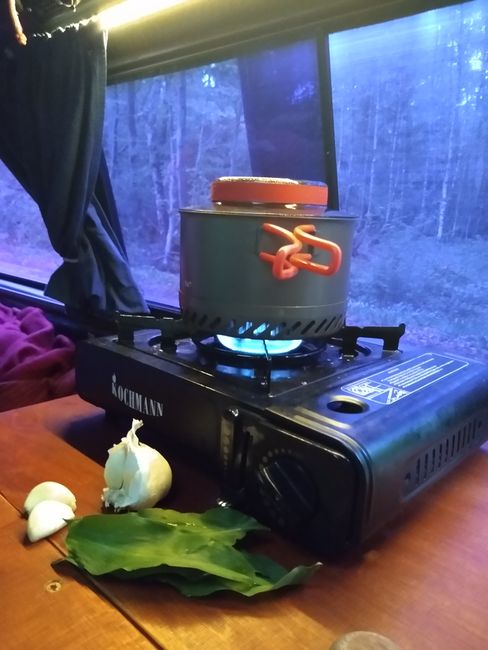
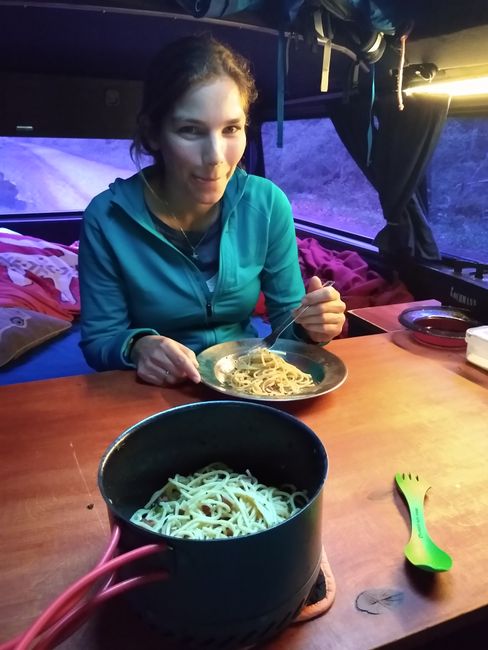
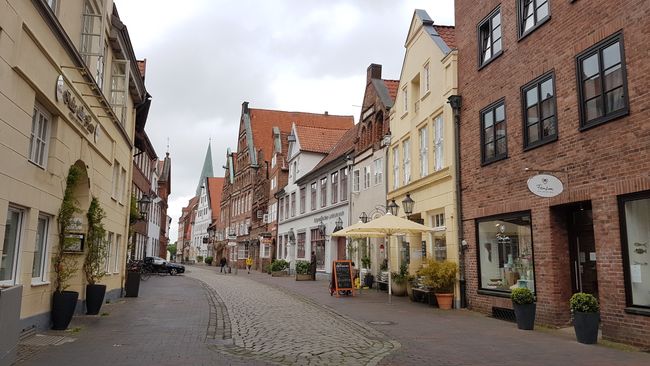
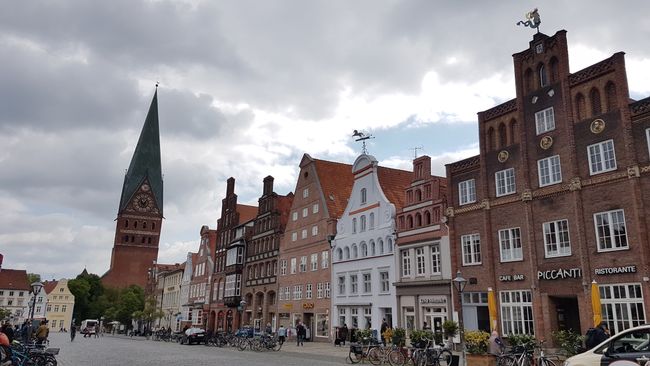
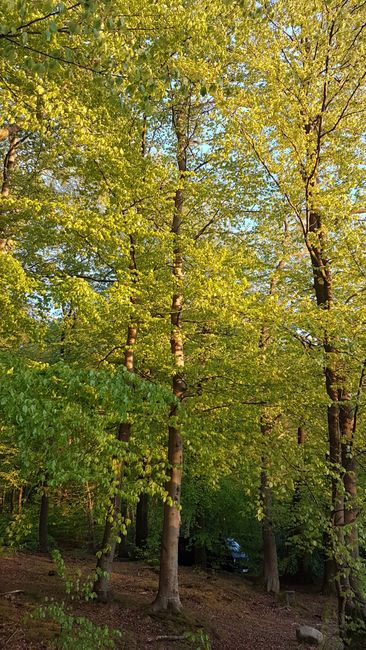
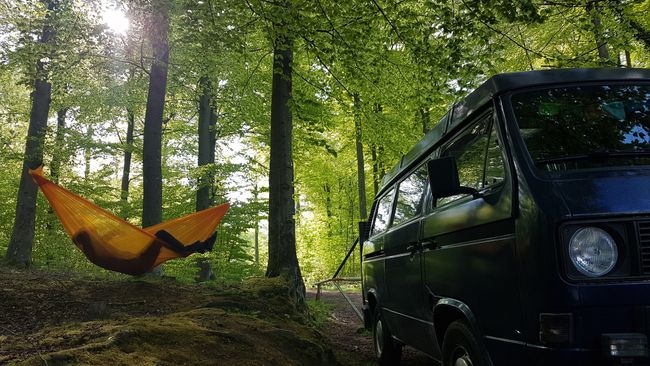
Abbona għan-Newsletter
After our return from Nepal, we stayed with Marius' parents for a few weeks. The Corona crisis was unfolding and our planned Bulli tour around the Baltic Sea became increasingly unlikely. Nevertheless, Marius prepared the Bulli for the trip. There were a few repairs to be done, the TÜV (MOT) had to be renewed, and a few things we had learned from Jimbo in New Zealand were now also installed in our VW bus. In mid-April, we were finally able to hit the road again, at least in Schleswig-Holstein we thought. Since we are almost self-sufficient with the Bulli, this was also compatible with the contact restrictions. The first night was spent near Aukrug in a hiking car park, finally sleeping outside again! The next day we headed towards Gelting Bay. But we would not reach the beautiful spot with a fireplace... Halfway there, the Bulli started acting up. It didn't take any gas, sometimes stalled, and then drove again. It felt like something was obstructing. Checked the brakes, checked the drive shafts, nothing. Everything looked fine. Then we saw a lot of air bubbles in the diesel line. They don't belong there. Diesel filter removed, shaken out, and lots of gunk came out. Oh dear, what was that? We continued driving for a while, by now we had changed direction: back home... Then nothing worked anymore. Marius called the ADAC (German automobile club), who then installed a smaller pre-filter instead of the large diesel filter. Dirt collected in it during the test run. A friend told us on the phone that diesel fuel can deteriorate if it is stored for too long. Diesel has a relatively high bio content, which causes the fuel to flocculate, algae or something to form and thus clog the filters. The diesel had been in the tank since July 2019, when we stored it before our departure to Canada. Fully tanked, we're so clever. Where there's no air, there's no rust either. The gentleman from the ADAC confirmed the theory of diesel pest and recommended using the expensive V-Power fuel, as it has a significantly lower bio content. We will do that for the next storage!
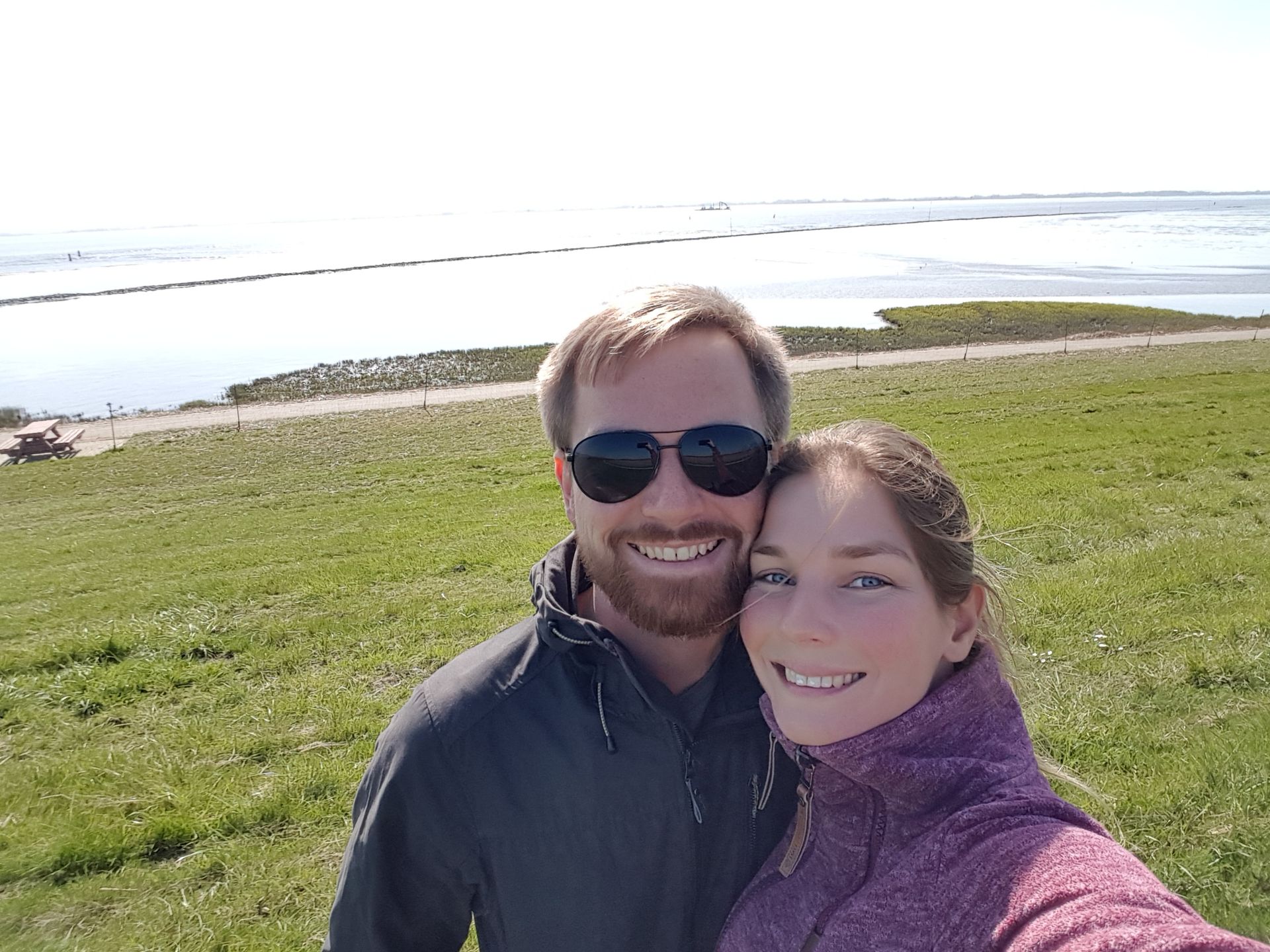
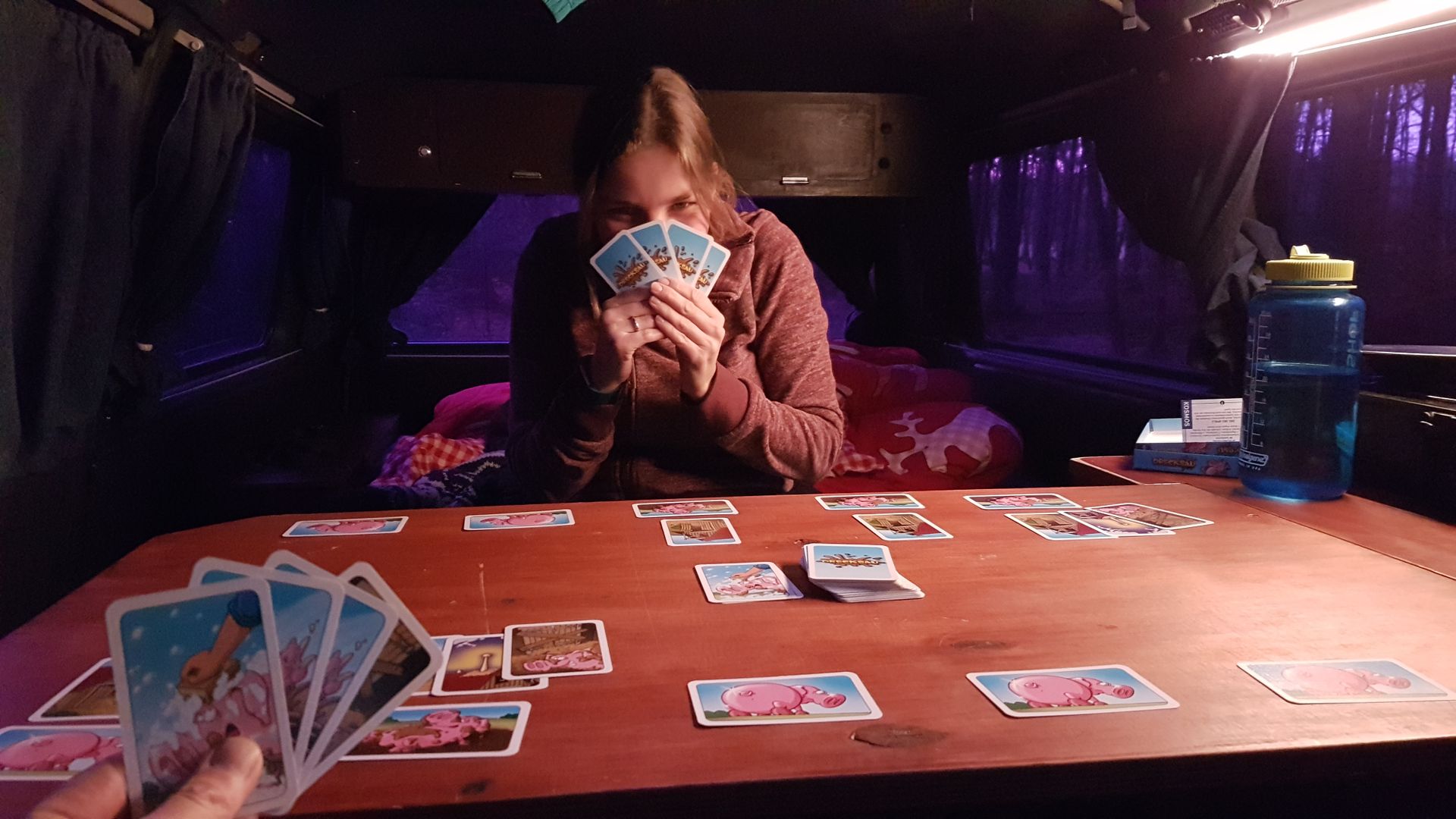
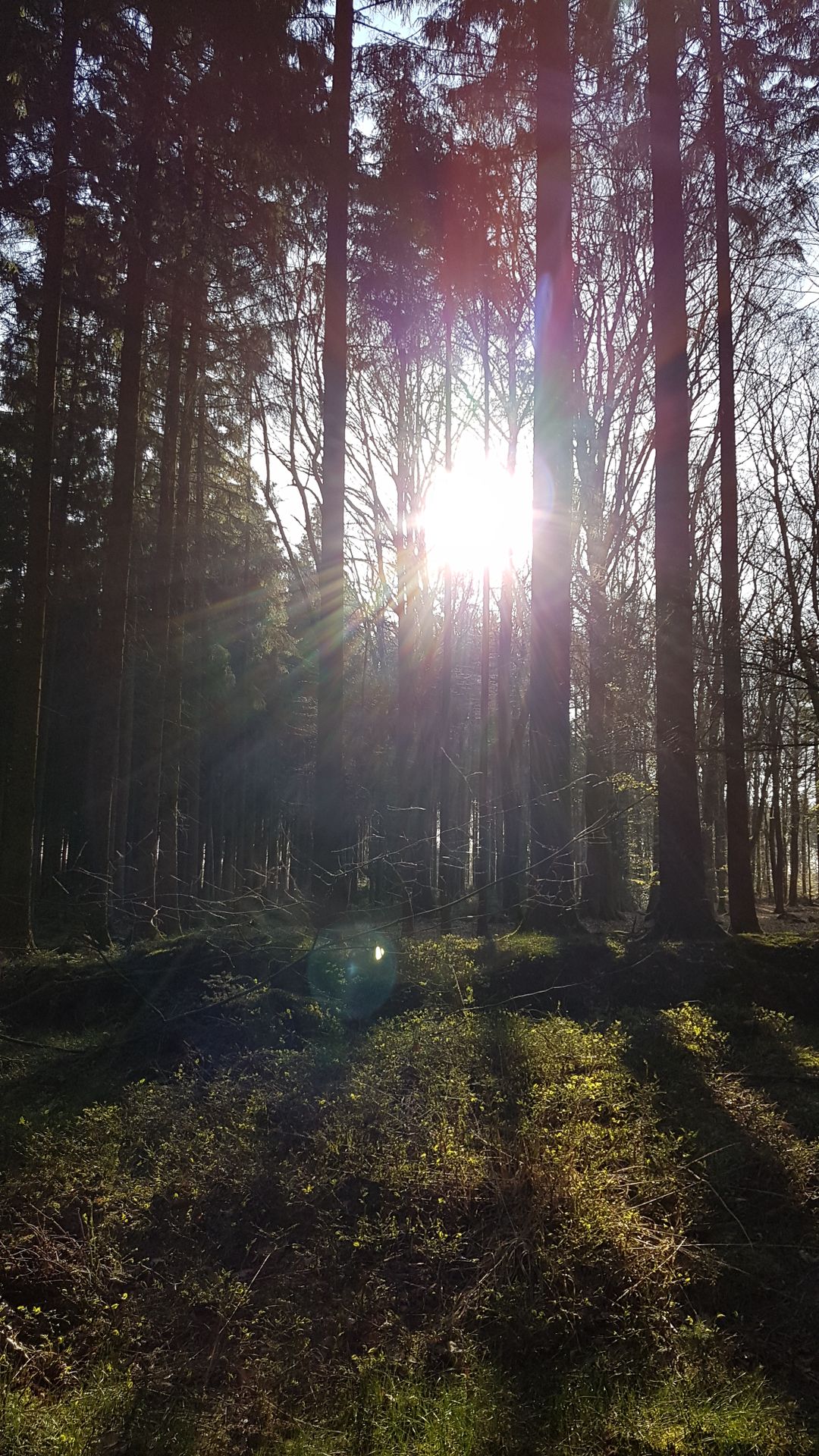
With the pre-filter, and cleaning it from time to time, we made it back home. In the evening, we removed the tank and were amazed: it was all green inside! As the rust had already attacked the tank, Marius ordered a new one and painted it in a beautiful flashy red! Then new pipes, new filters, new gaskets, and everything was installed again. The Bulli purred again after a week, and Cerina finished the first travel photo book.
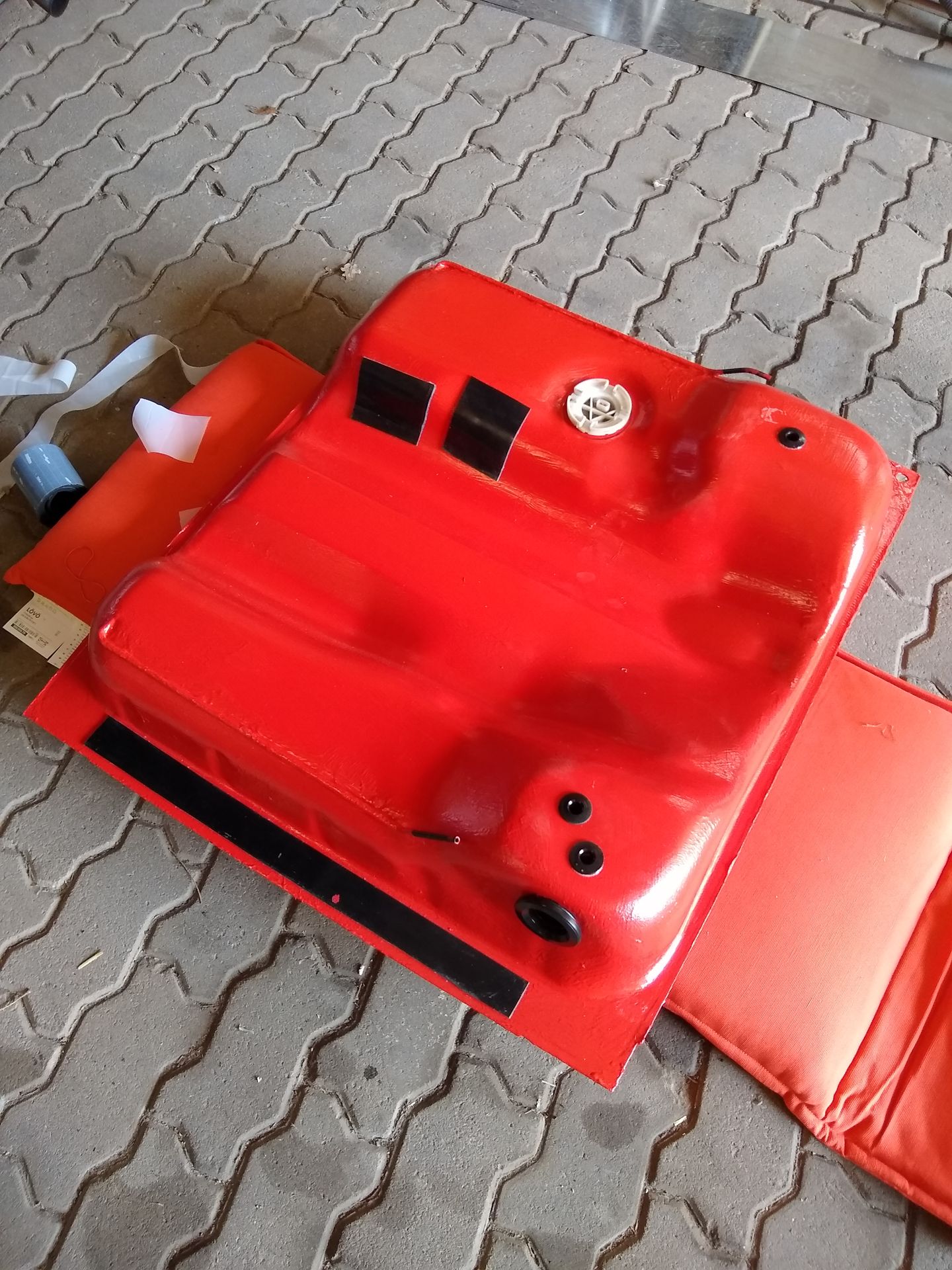
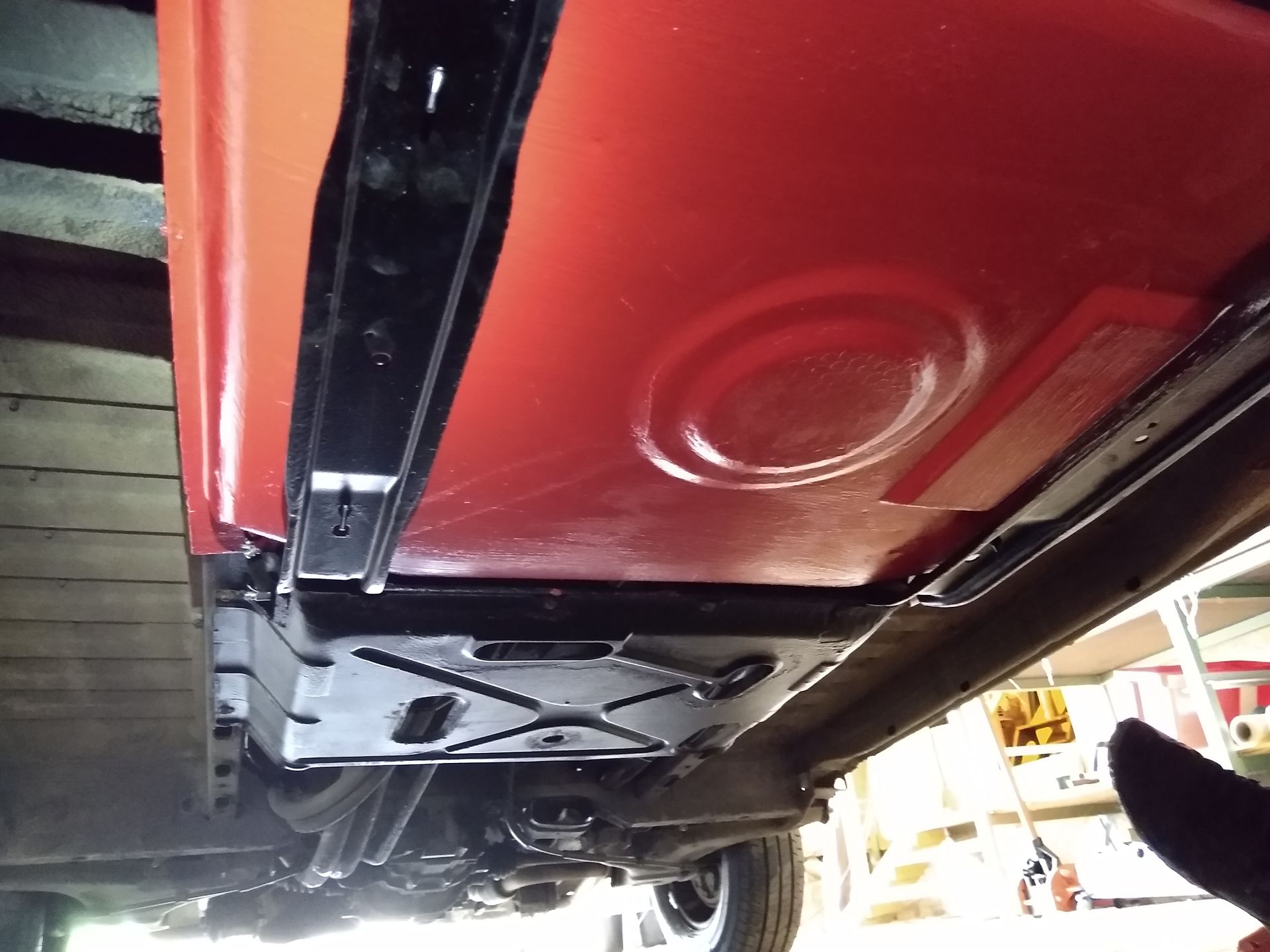
We packed our seven things and enough provisions and headed towards the Harz Mountains. Since 2014, we have been collecting stamps for the Harzer Wandernadel (Harz Hiking Needle), which also leads to exploring different areas in the Harz. This time our destination was Bad Sachsa. We chose a few nice hiking trails and started walking. The first tour on the first day was a whopping 17 km long. And since that wasn't enough, we did another 3 km in the evening. So we got 4 new stamps in our collection booklet on the first day. The weather was typical April weather: sun, clouds, rain showers, drizzle, all in your face. During the shower, we were fortunately either in a shelter or sought refuge under a tree. In the end, the sun dried us off again. Perfect!
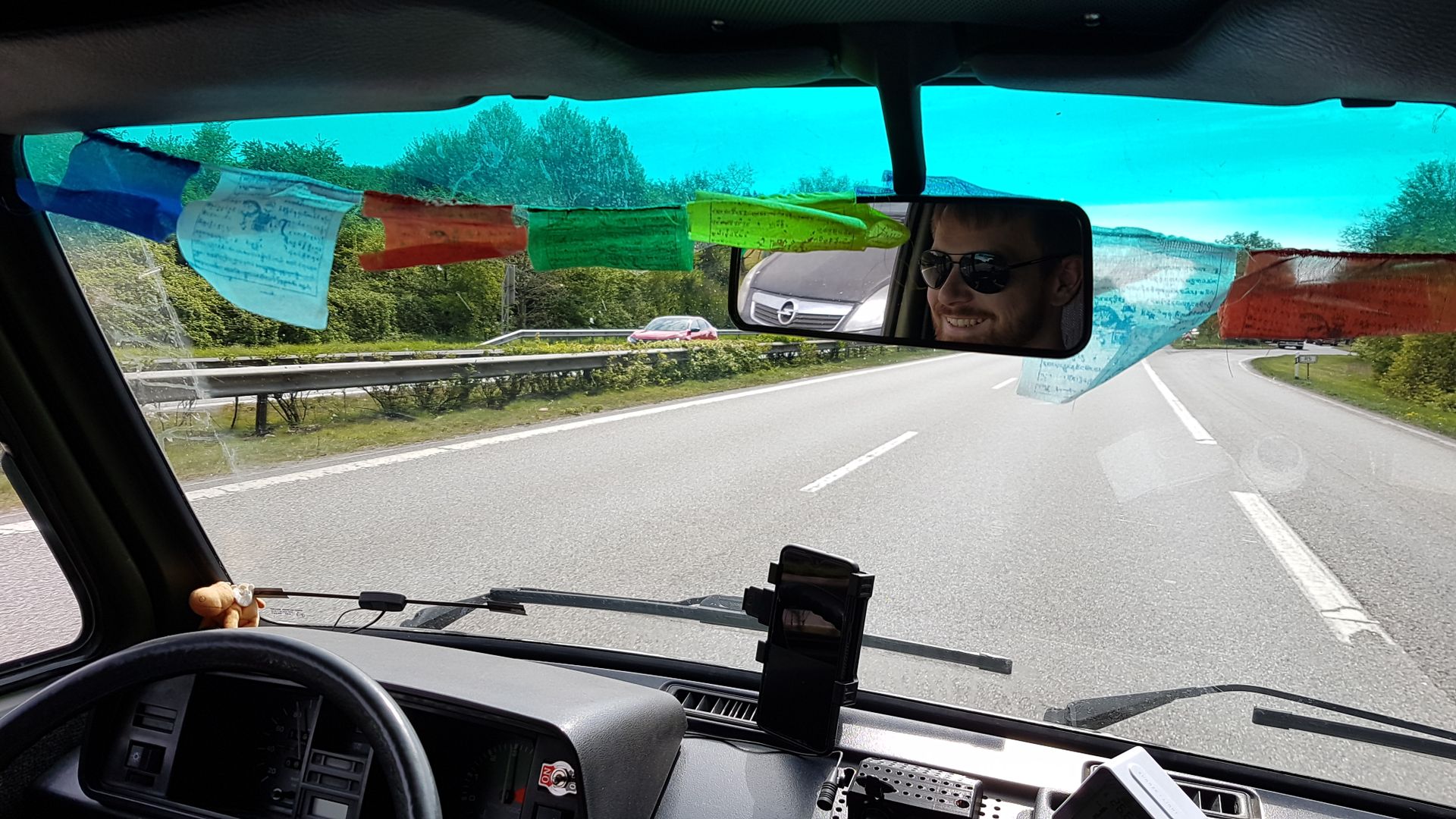
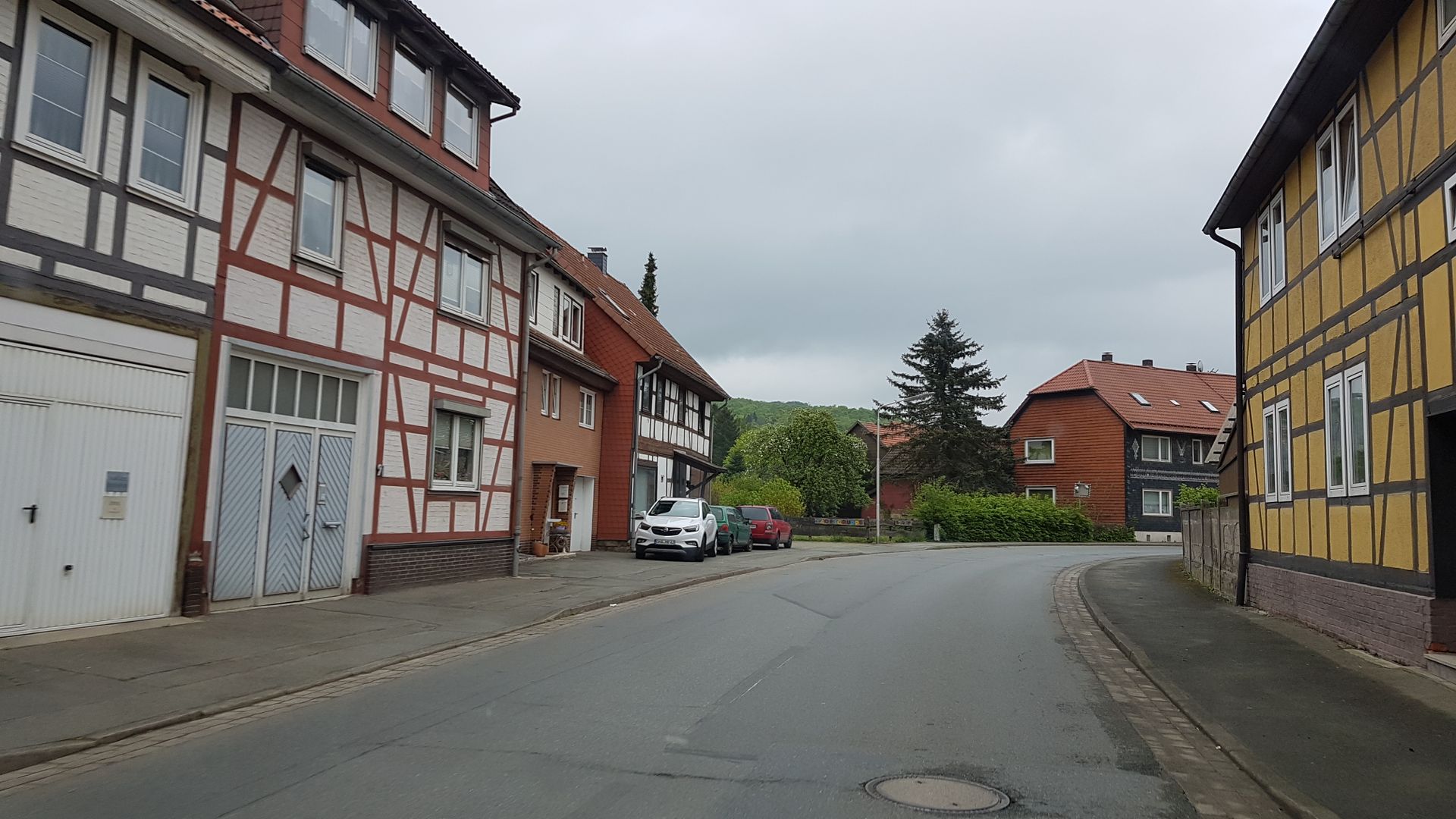
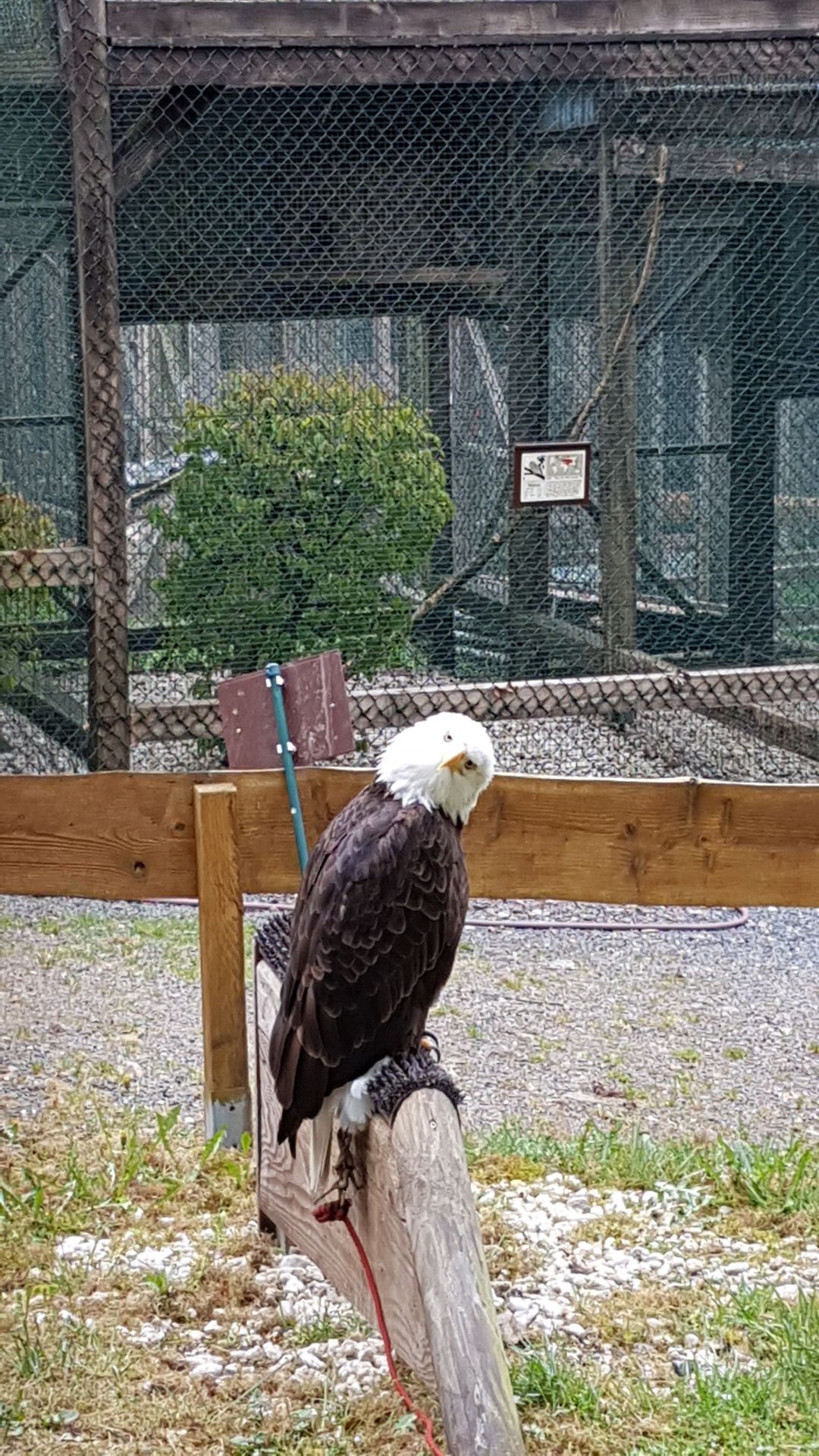
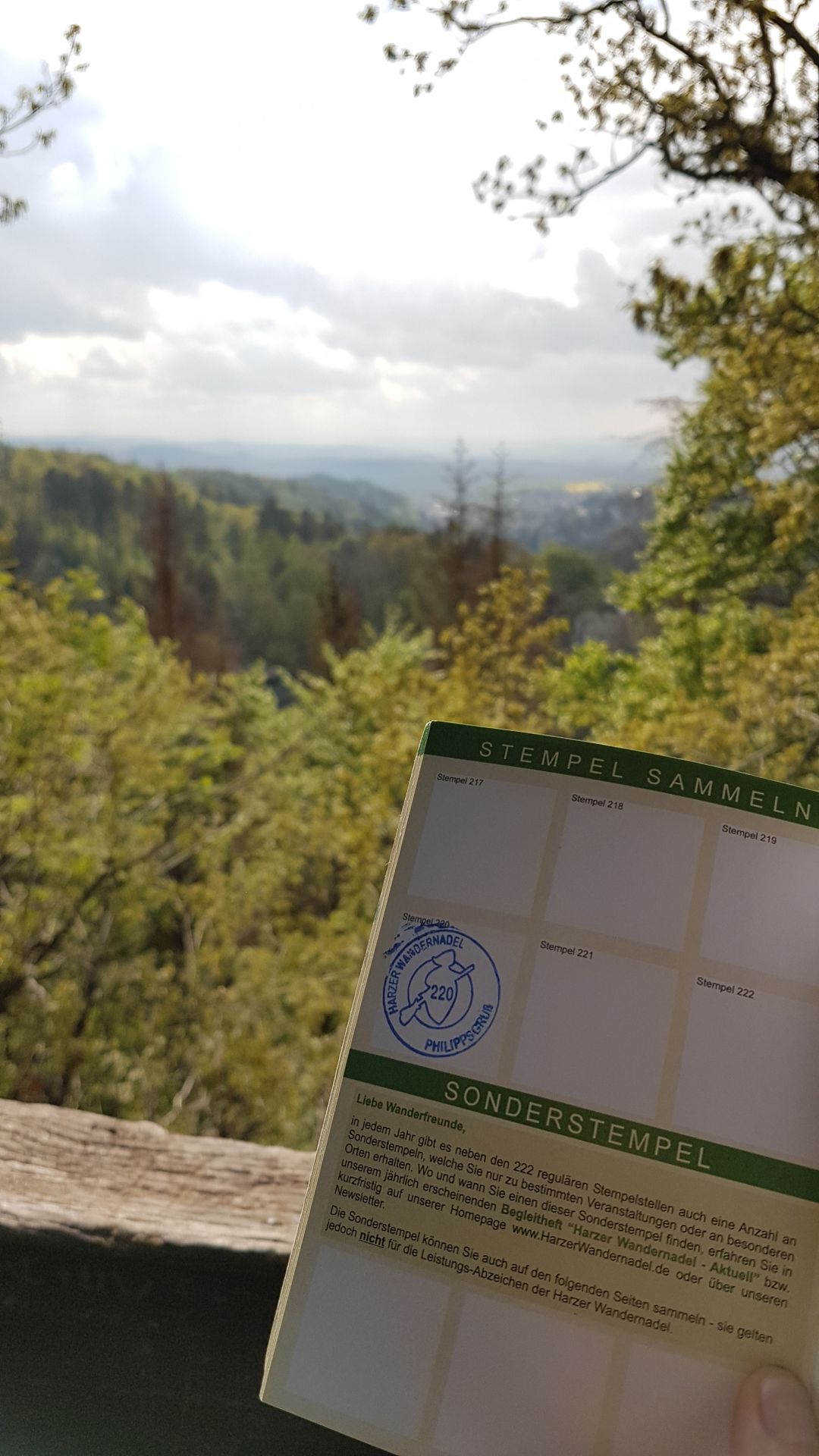
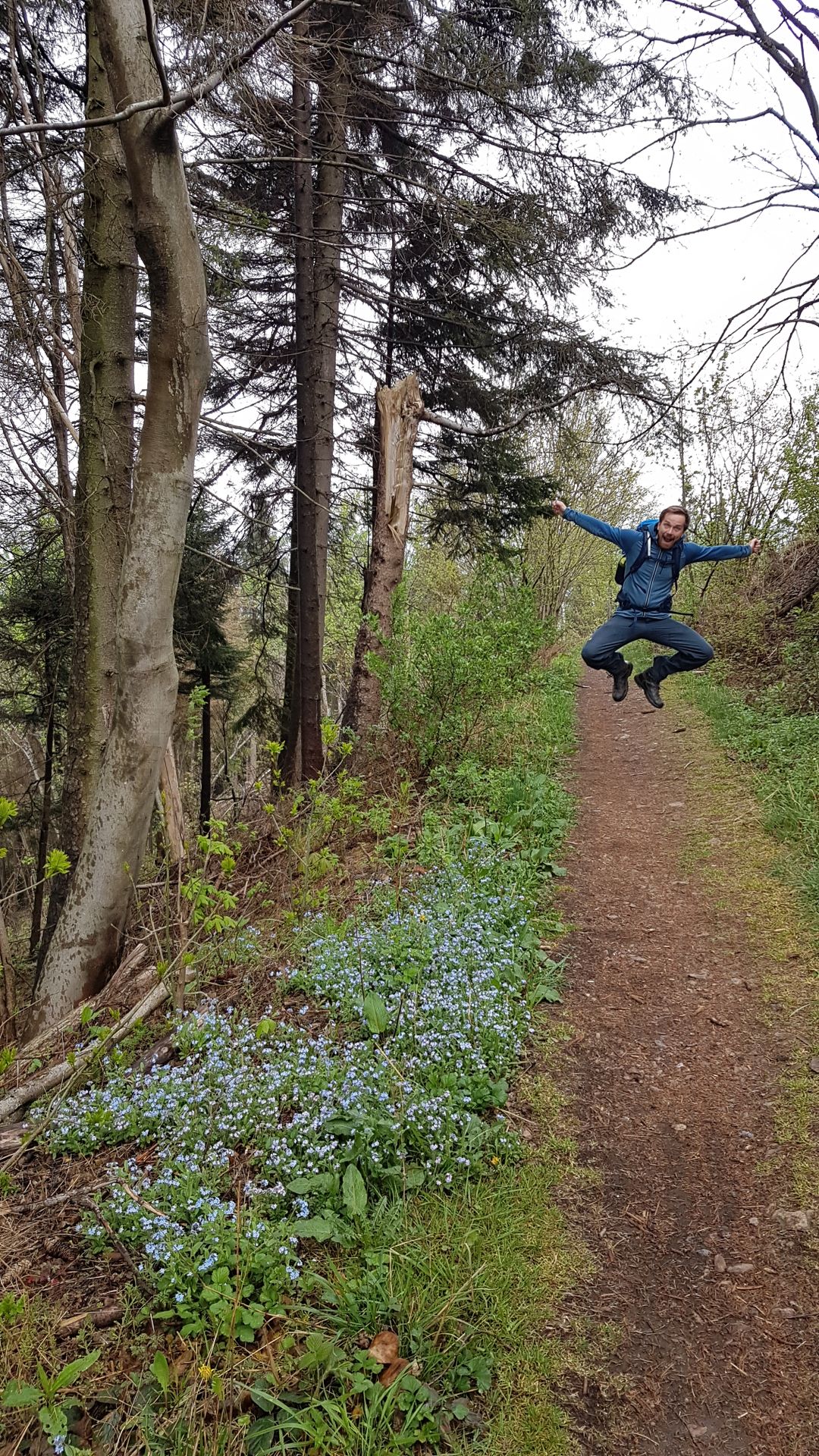
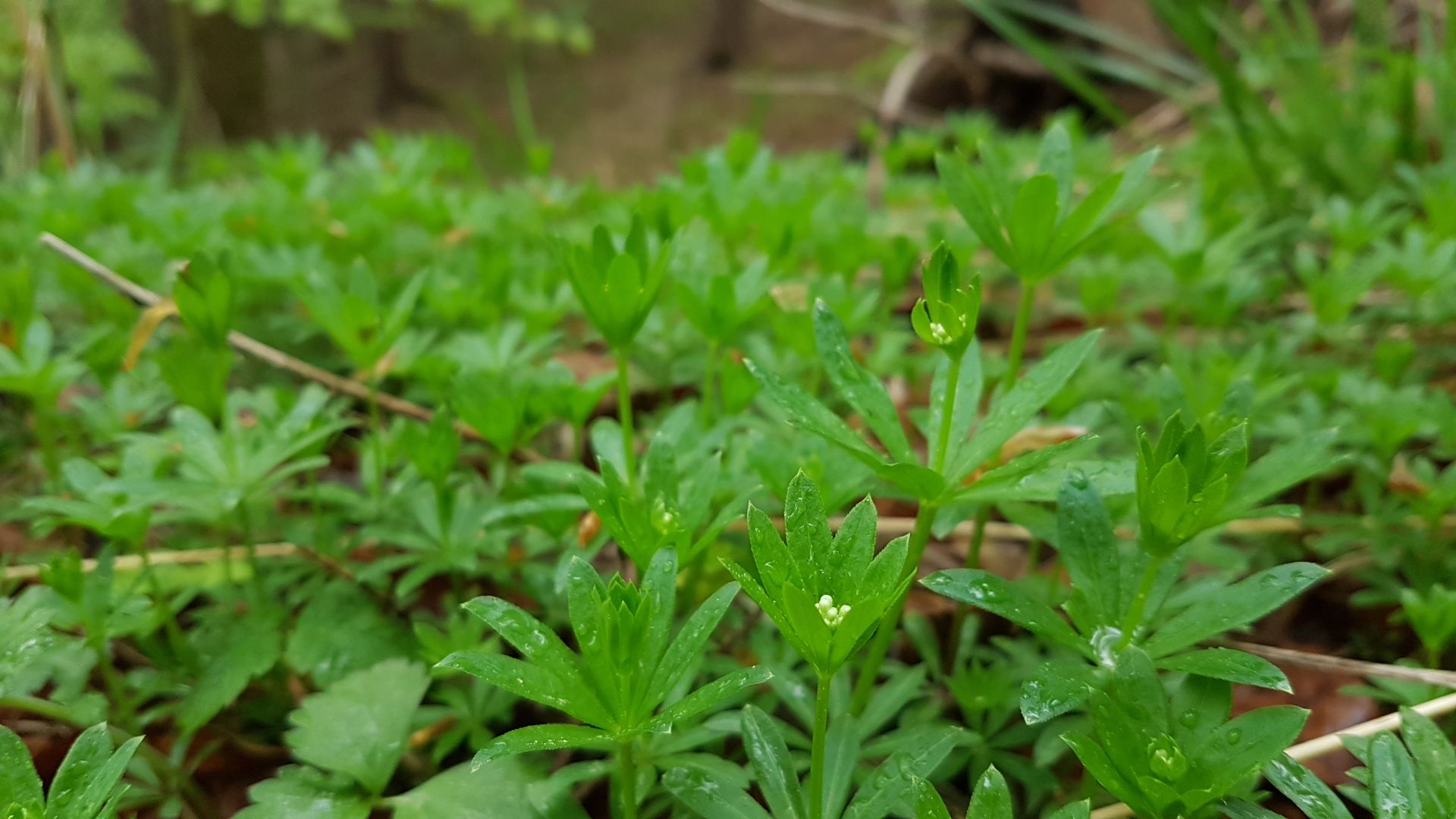
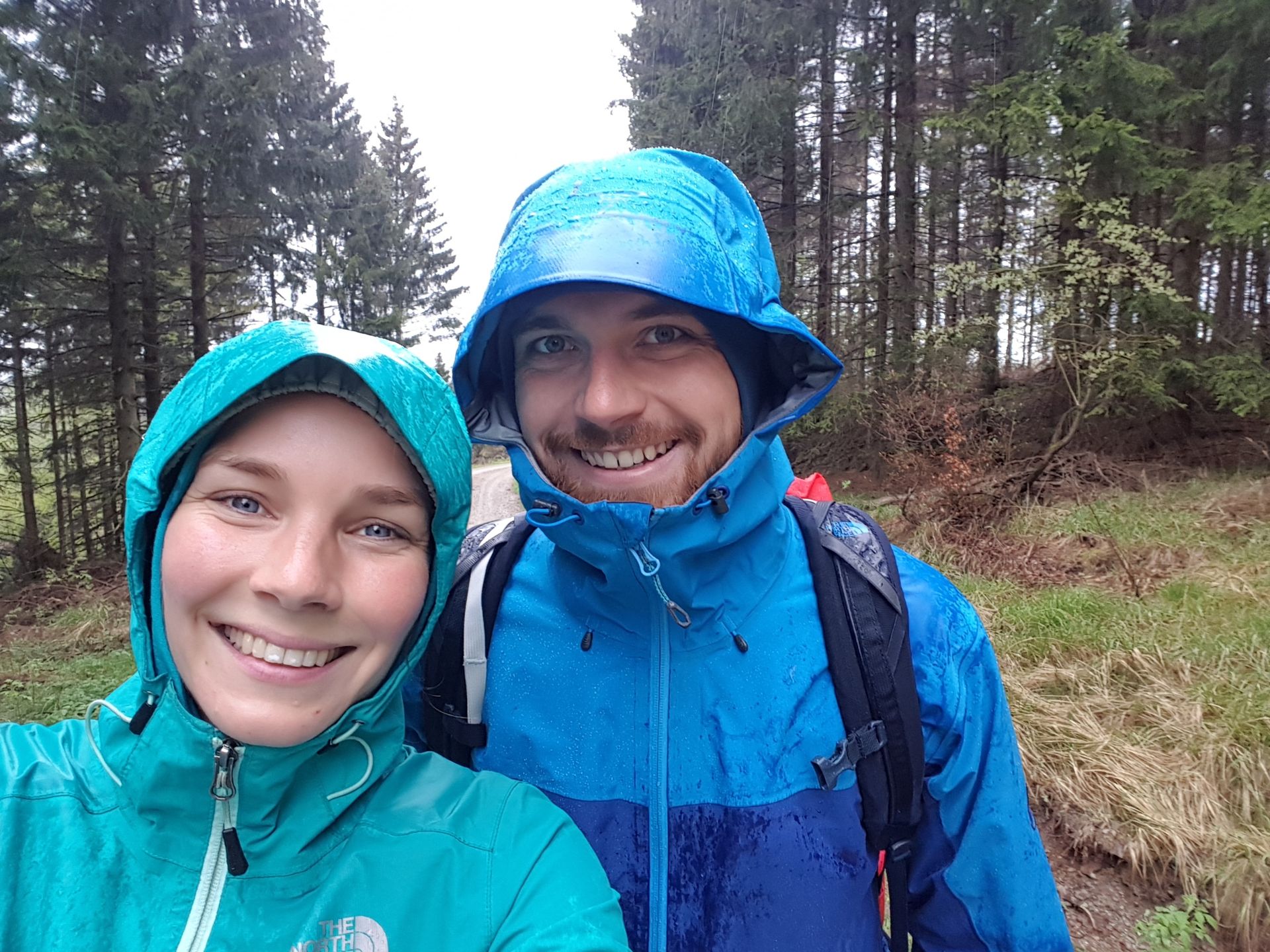
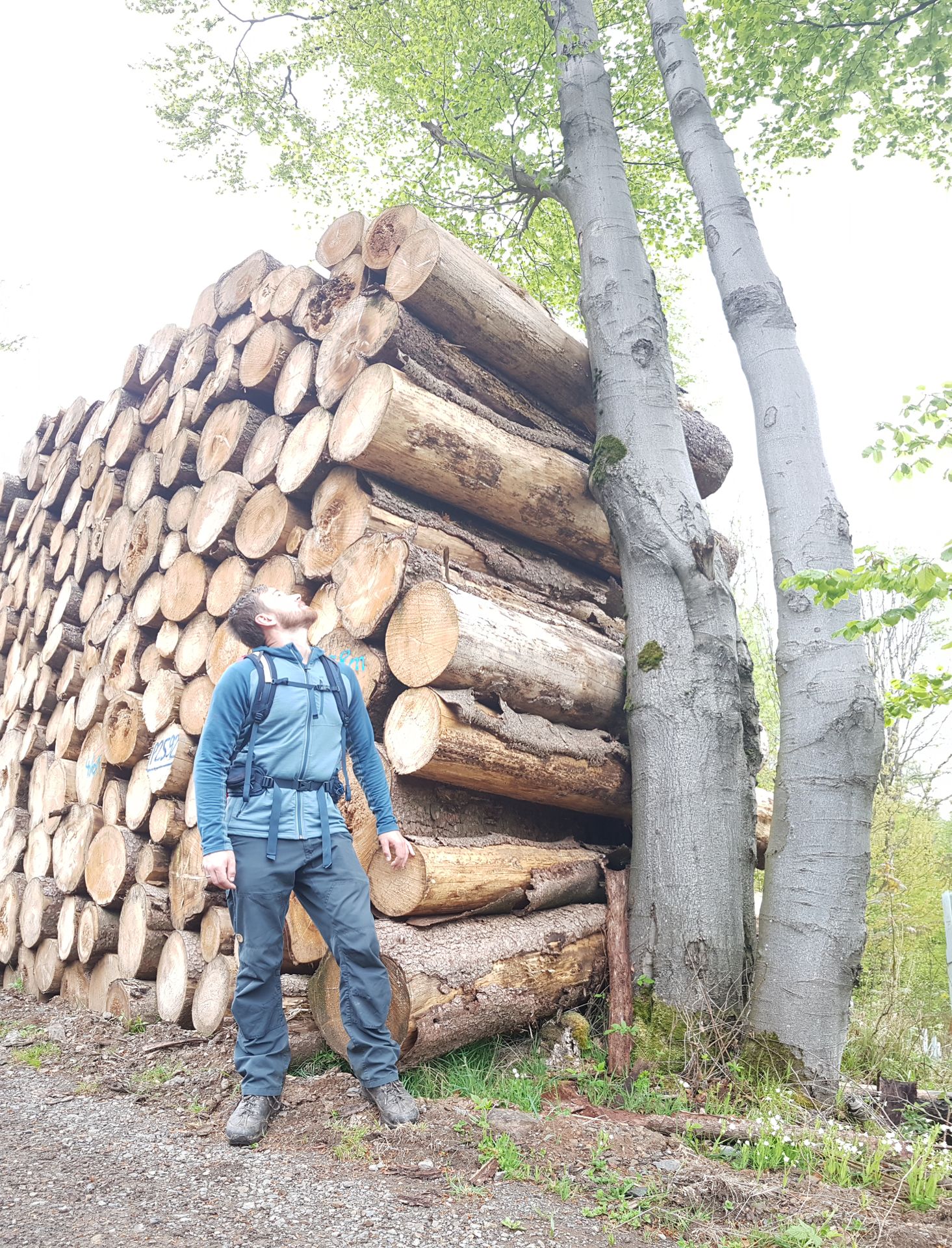
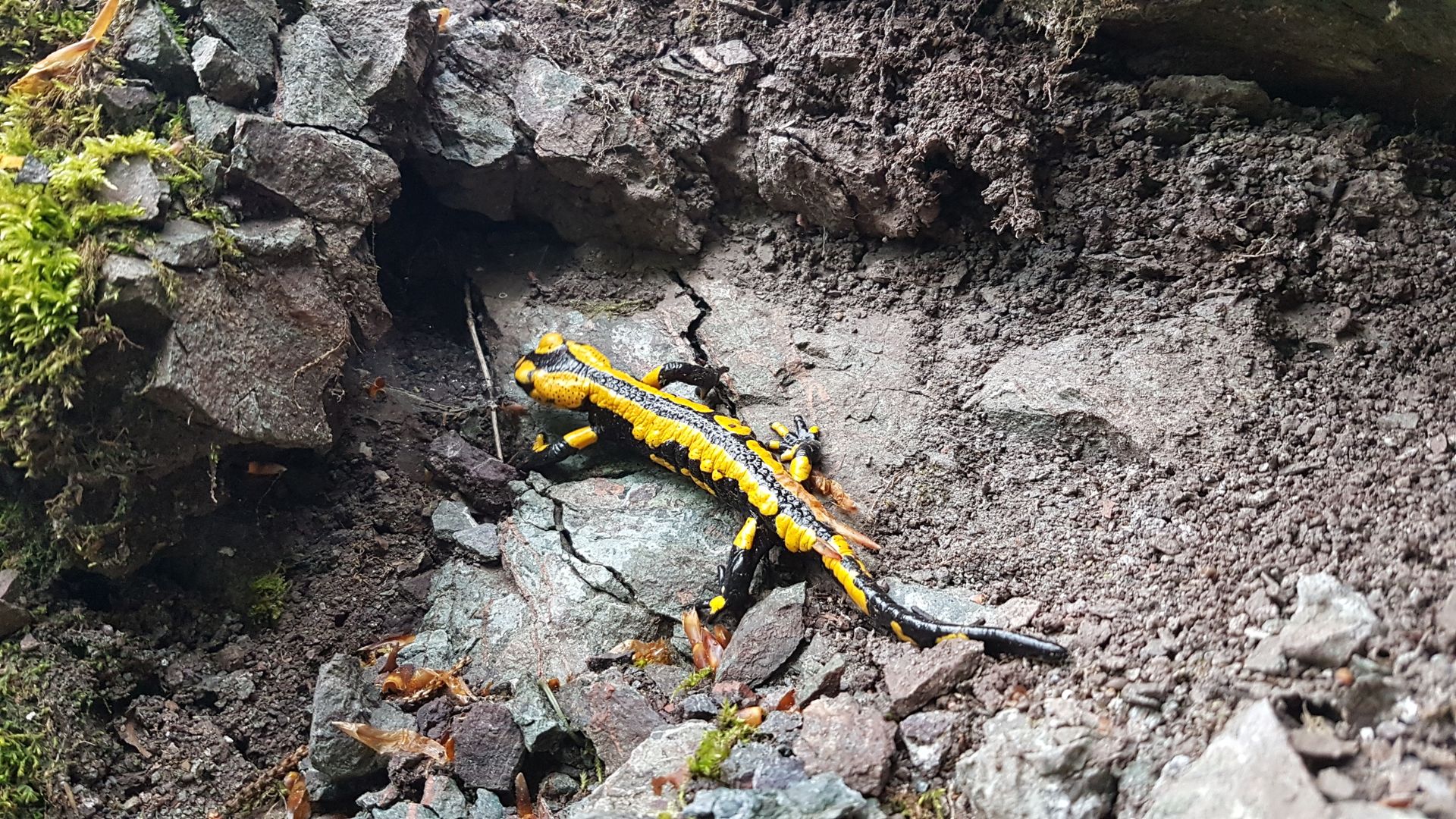
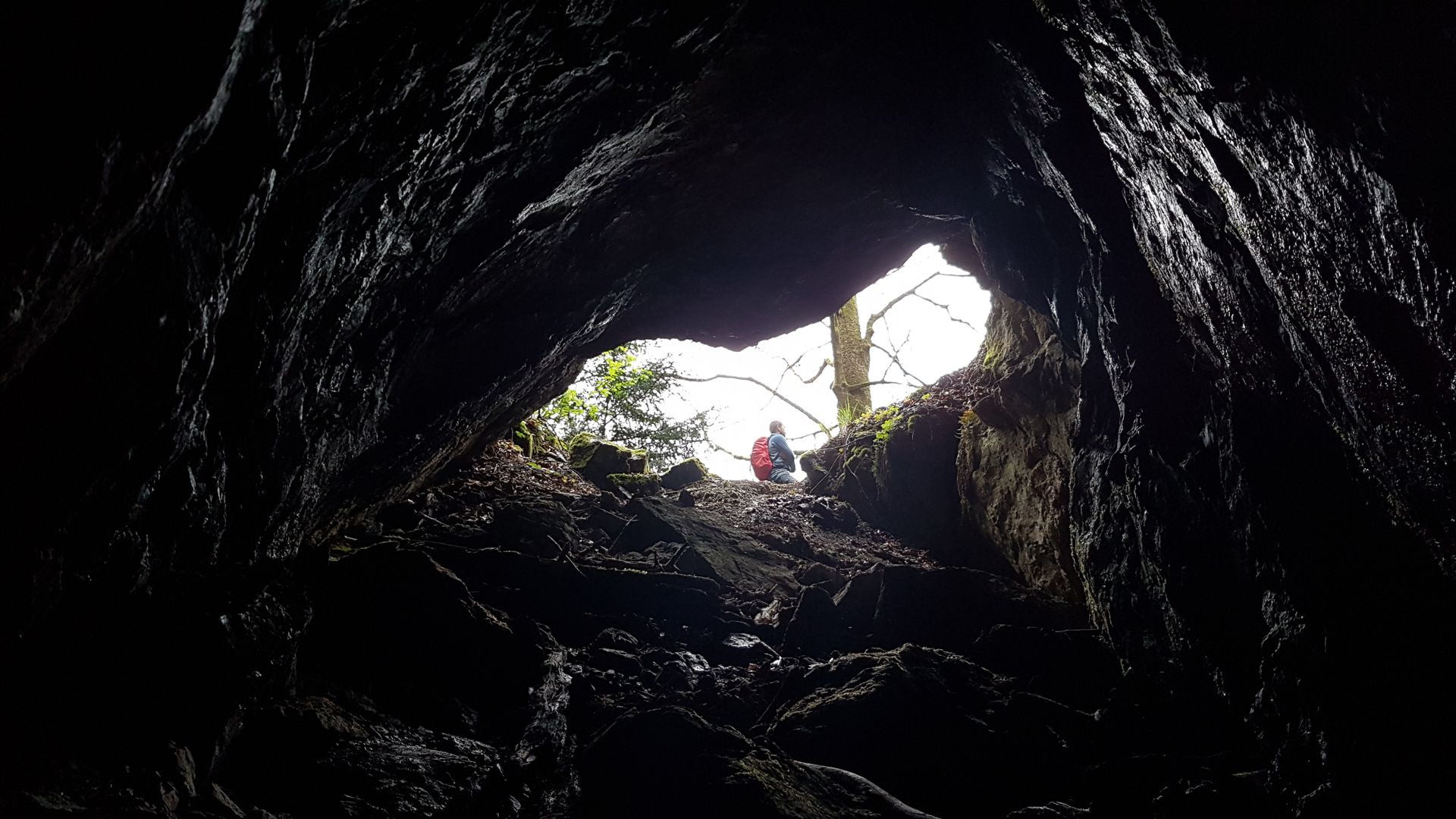
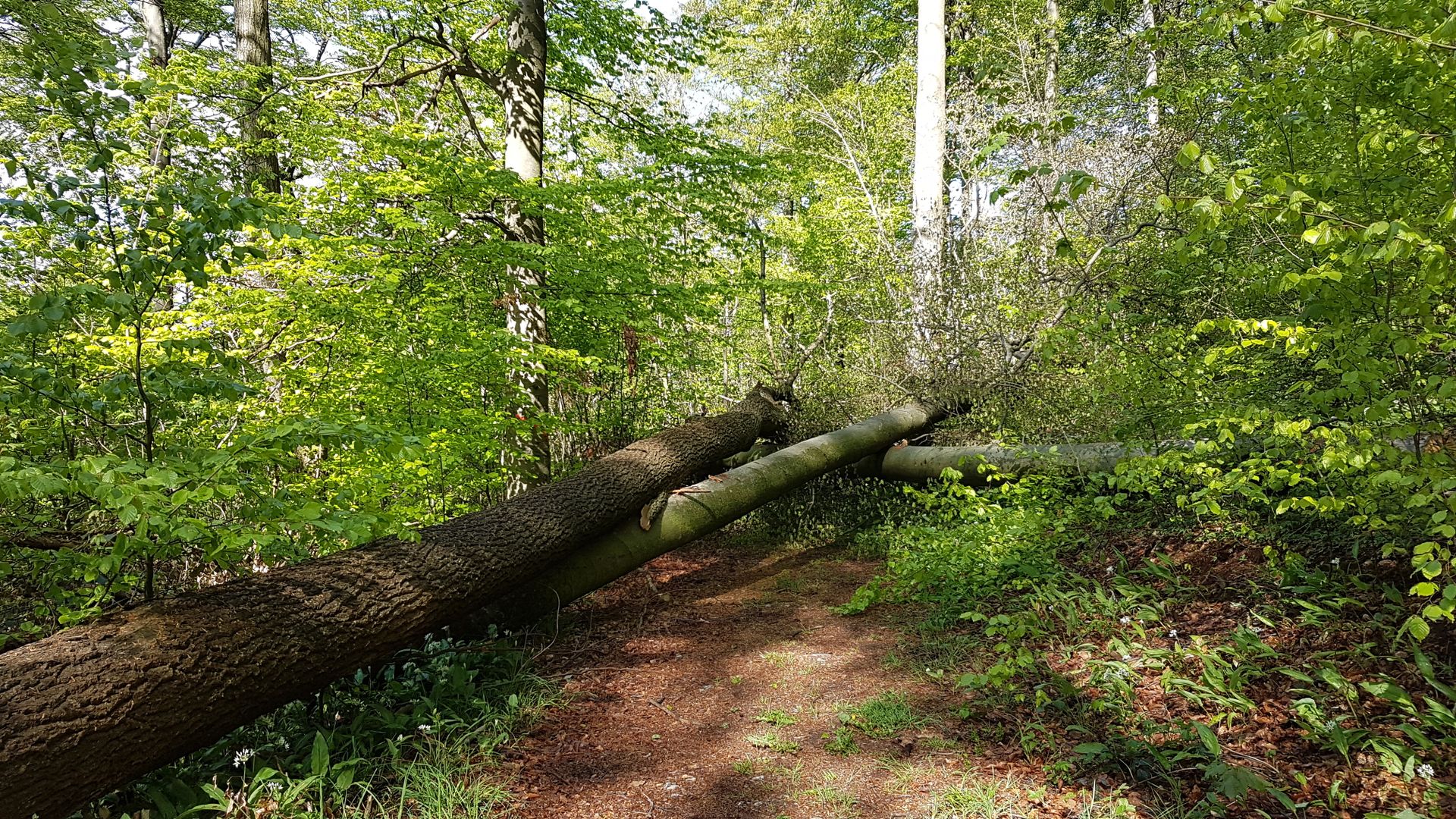



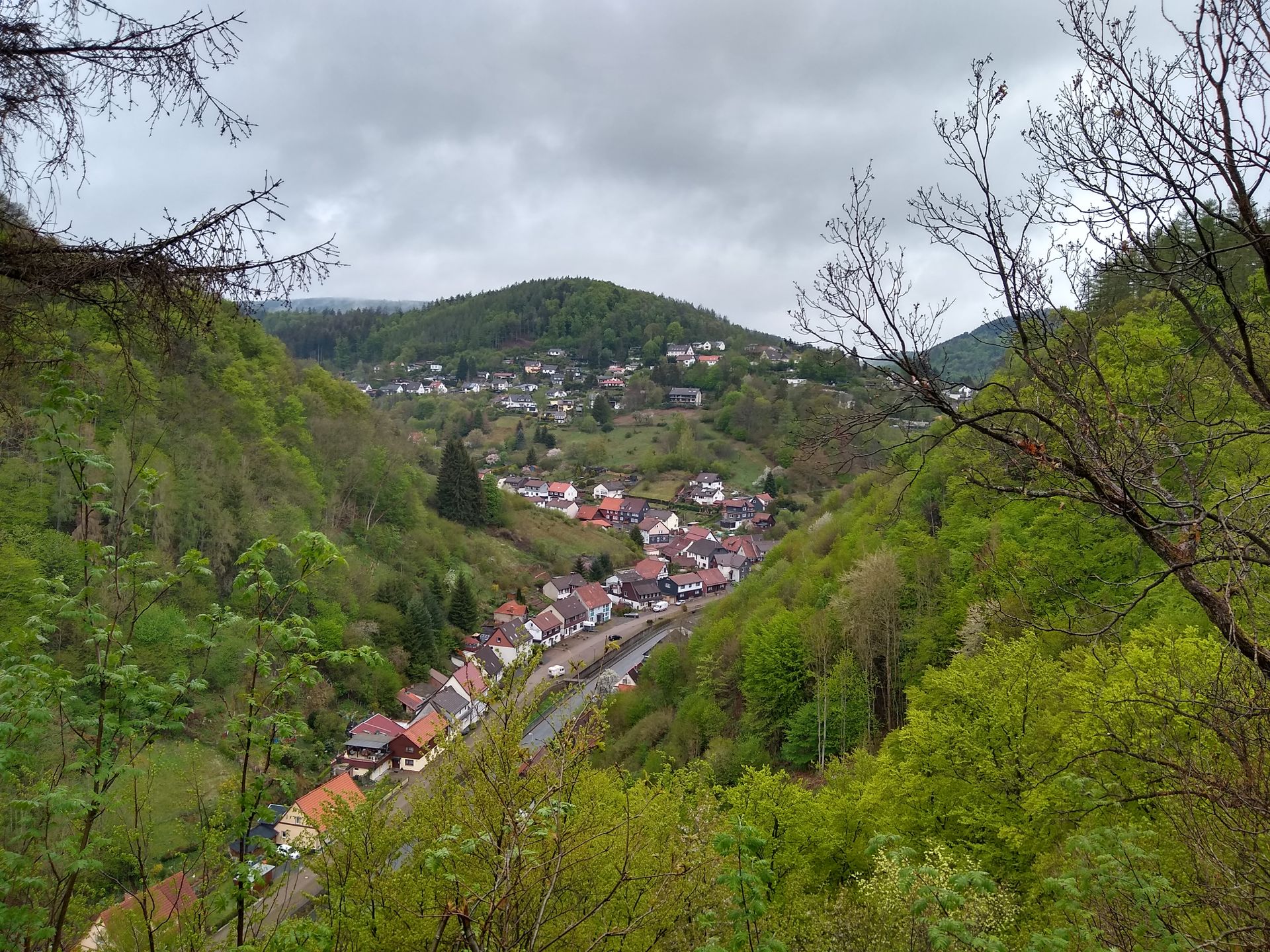
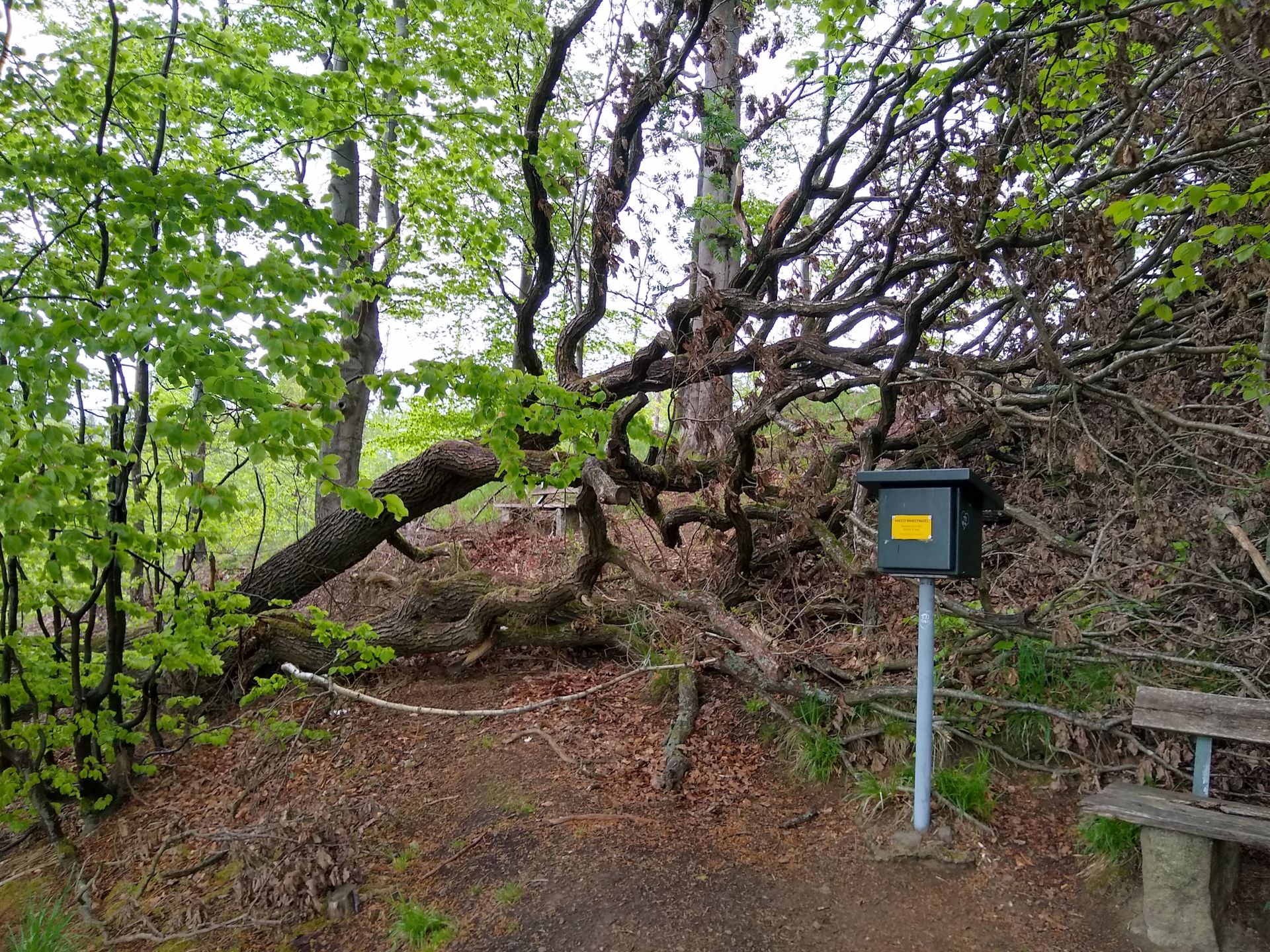
Although the Bulli was driving great again, the next problem occurred already on the way there, of course unrelated to the previous issues: the clutch slips. It's not a problem on straight or downhill stretches. But it gets annoying when driving uphill... The Harz Mountains have a few switchbacks... So something needs to be repaired again soon, well, it is already 32 years old.
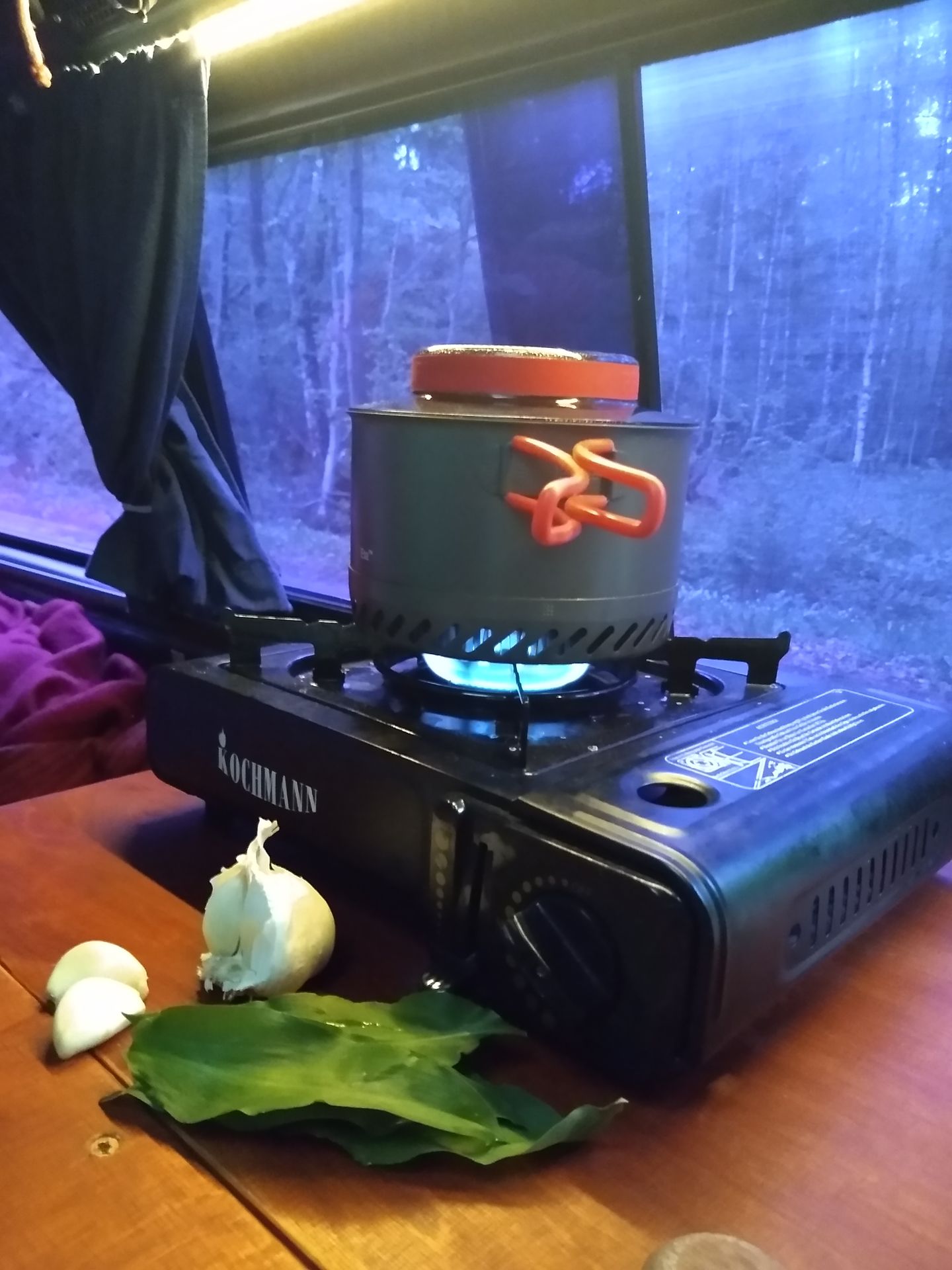
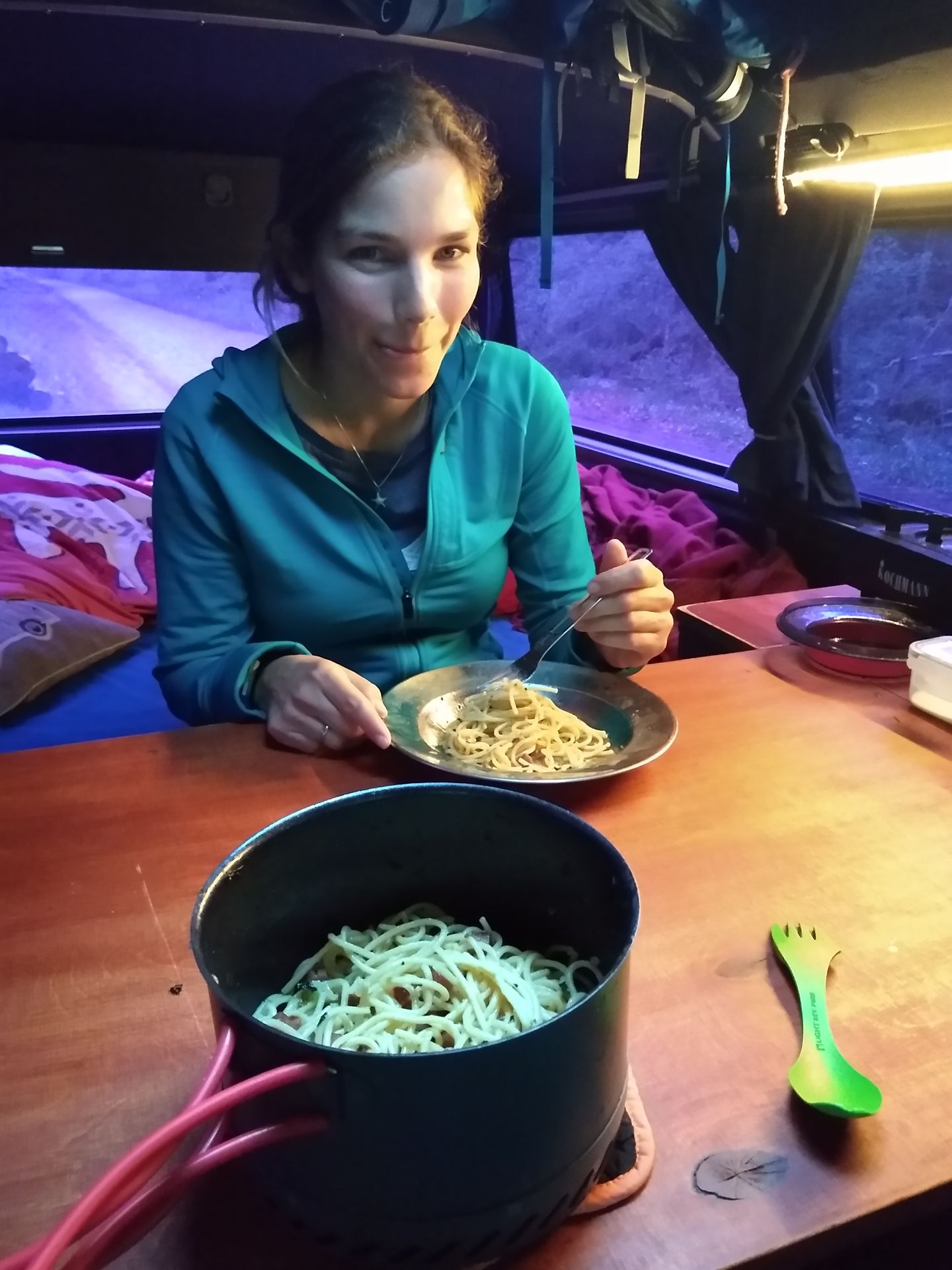
With our cozy 57 horsepower, we headed north, spent one last night on Lower Saxony soil, took a little city tour in the center of Lüneburg, and drove up to Kiel. Because for our next adventure, we need bicycles, and they are still in the garage there. Until then!
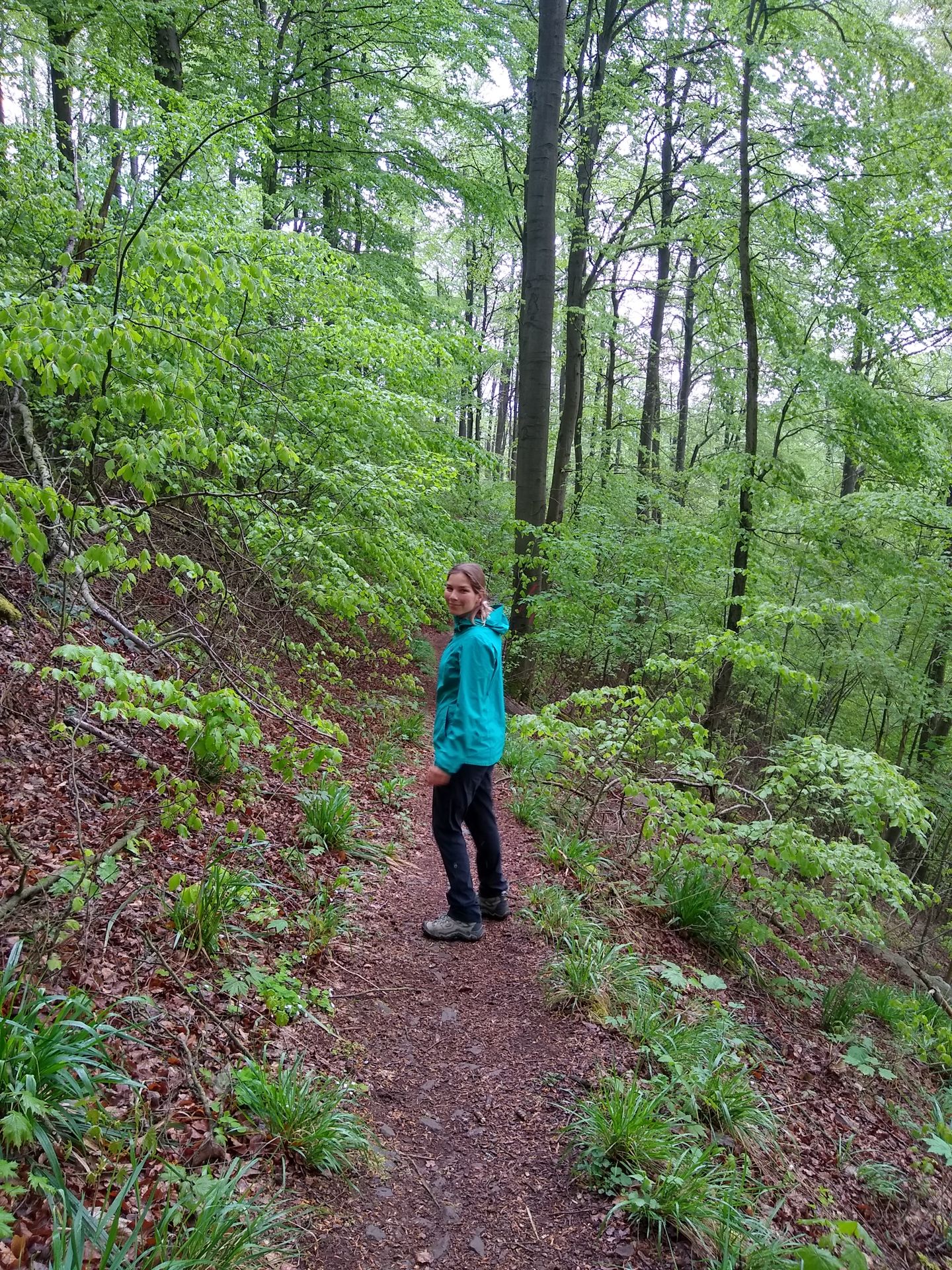
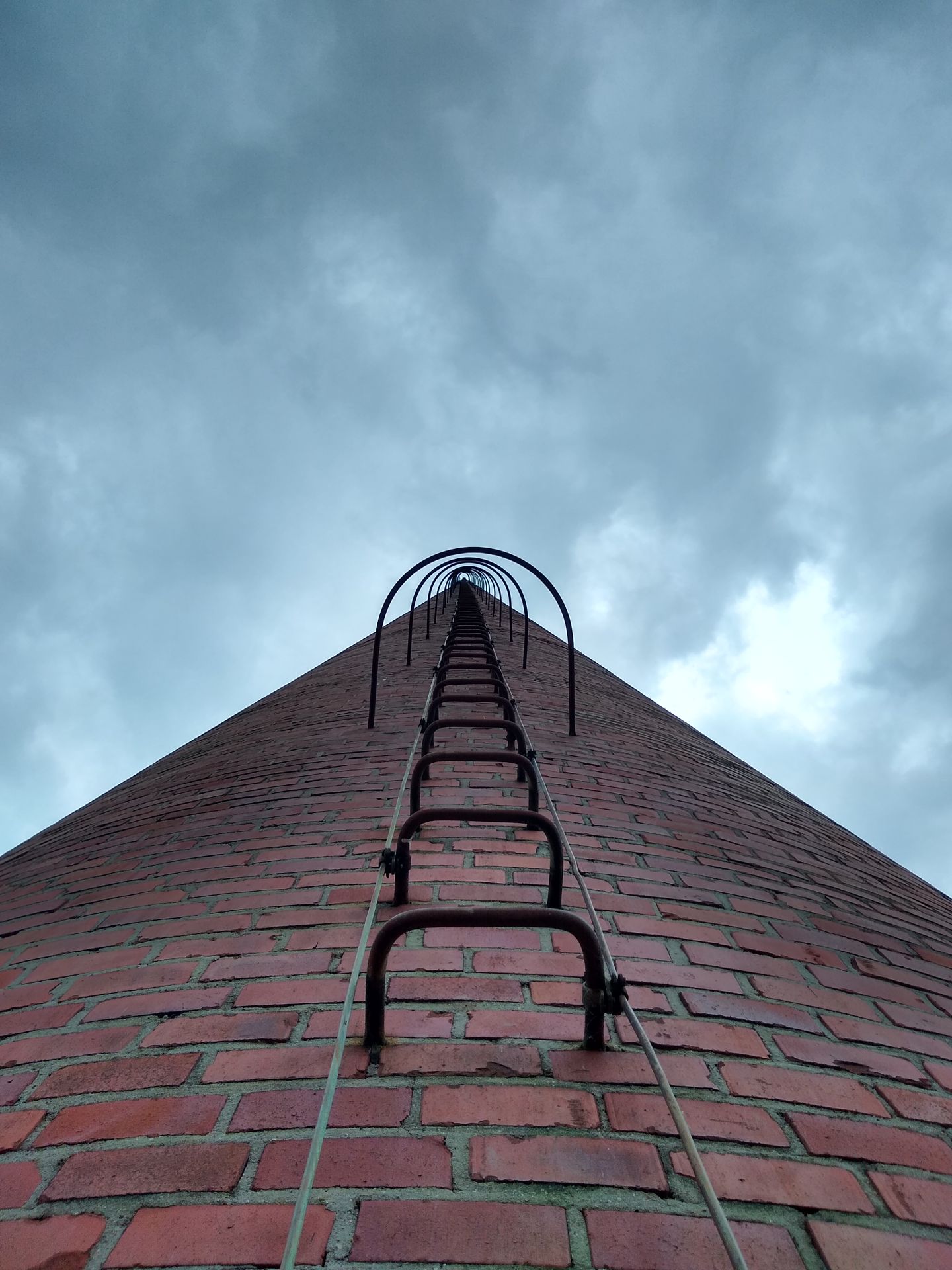
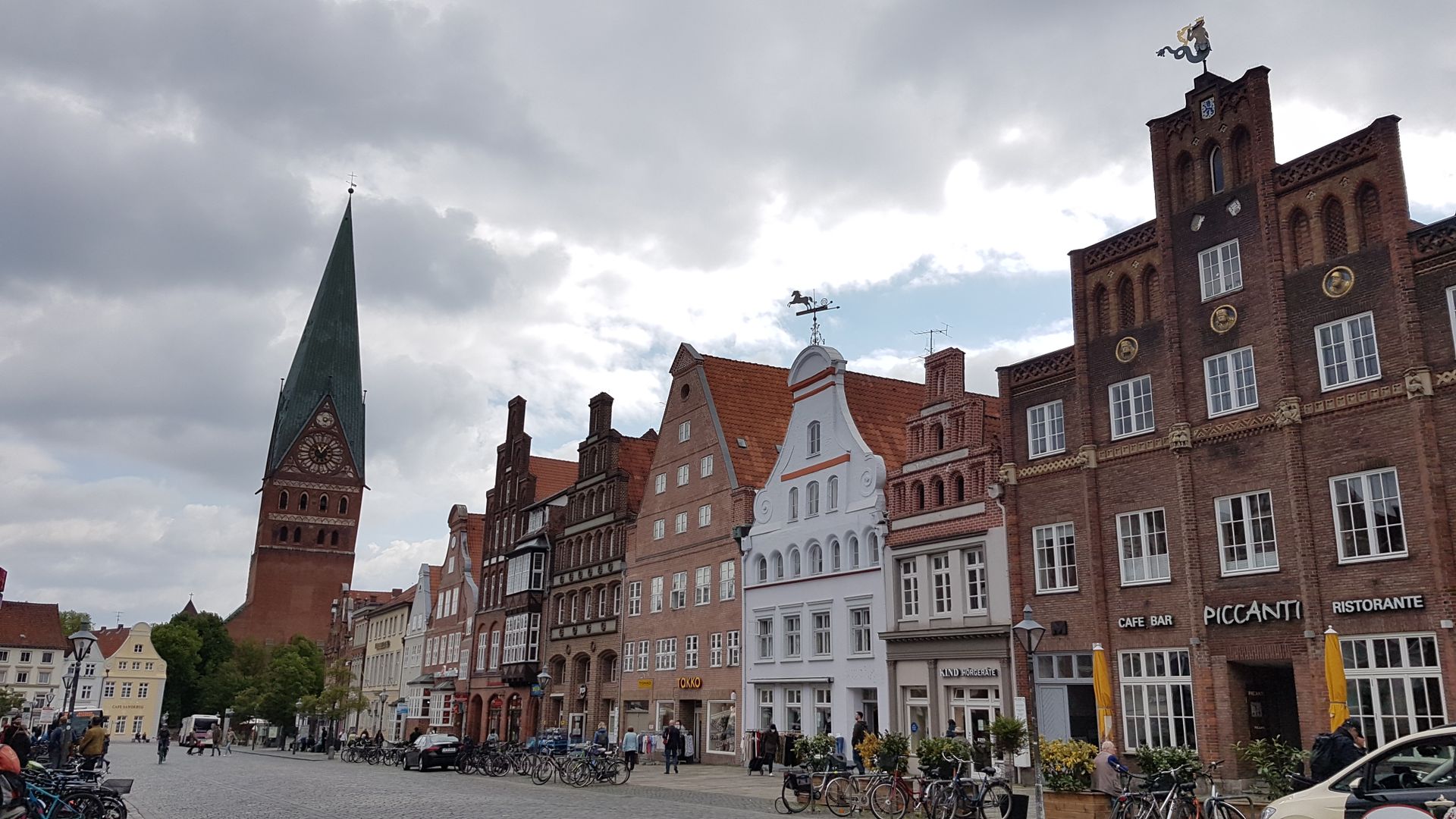
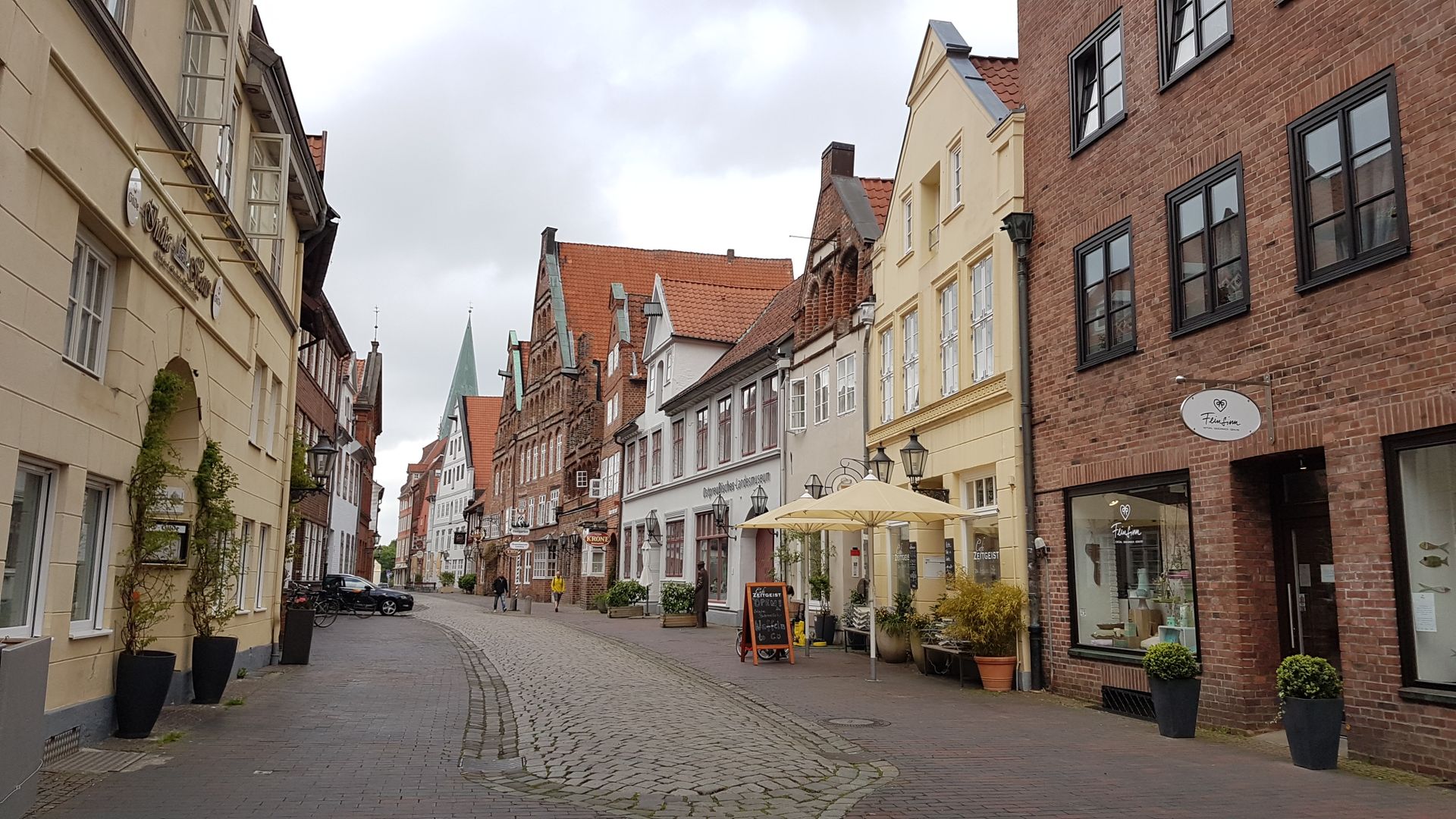

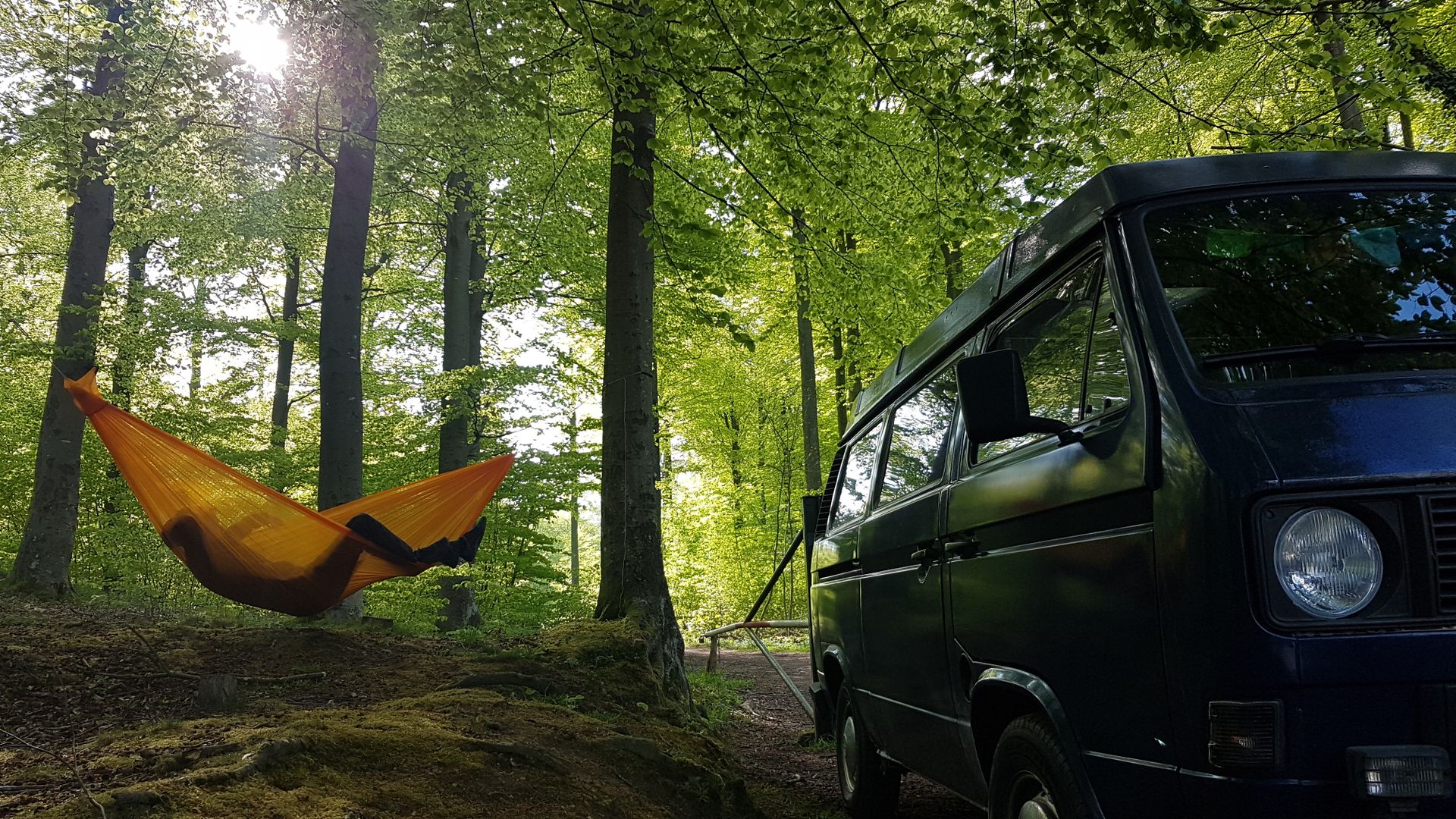
Abbona għan-Newsletter
Tweġiba
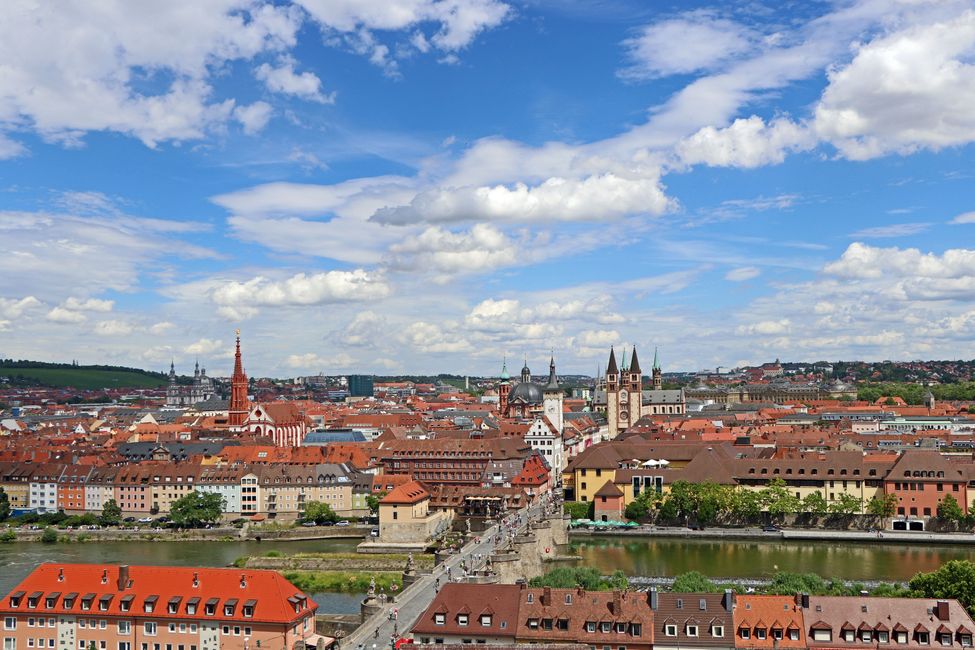
Rapporti tal-ivvjaġġar Il-Ġermanja
